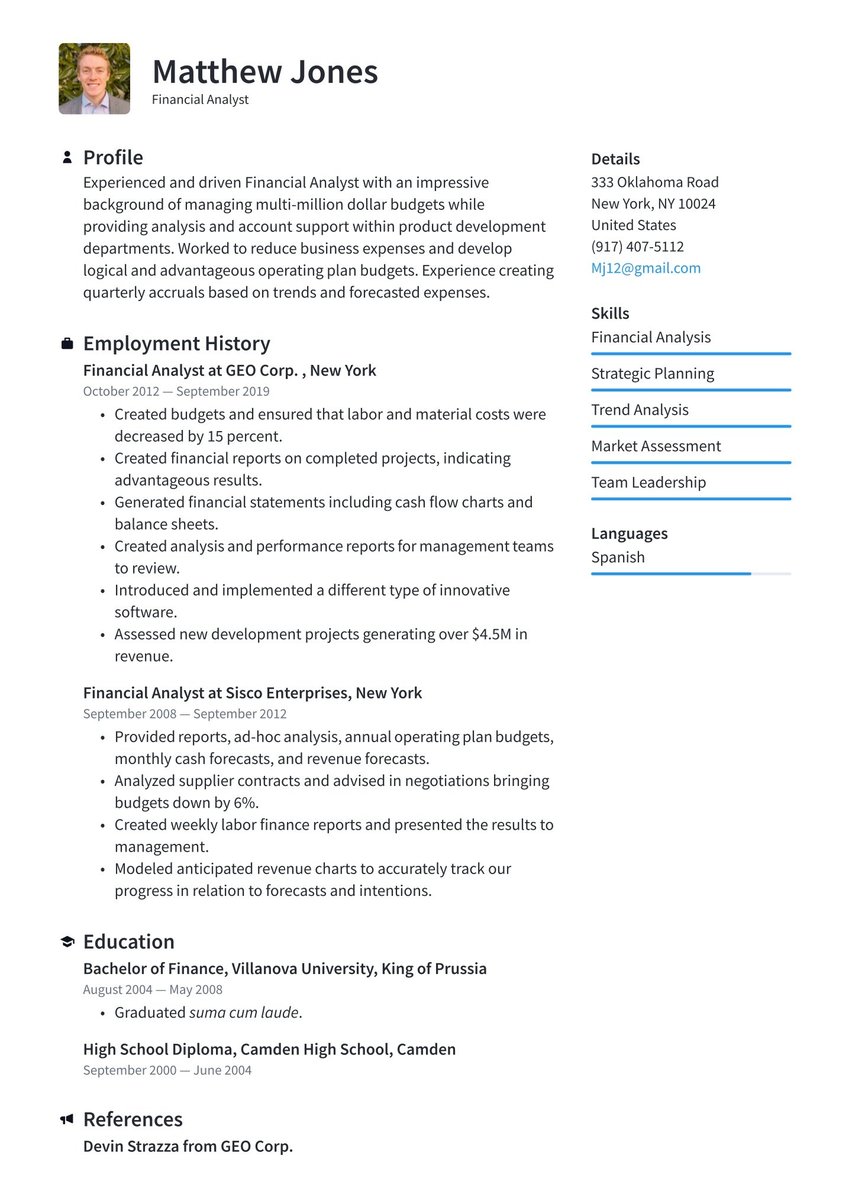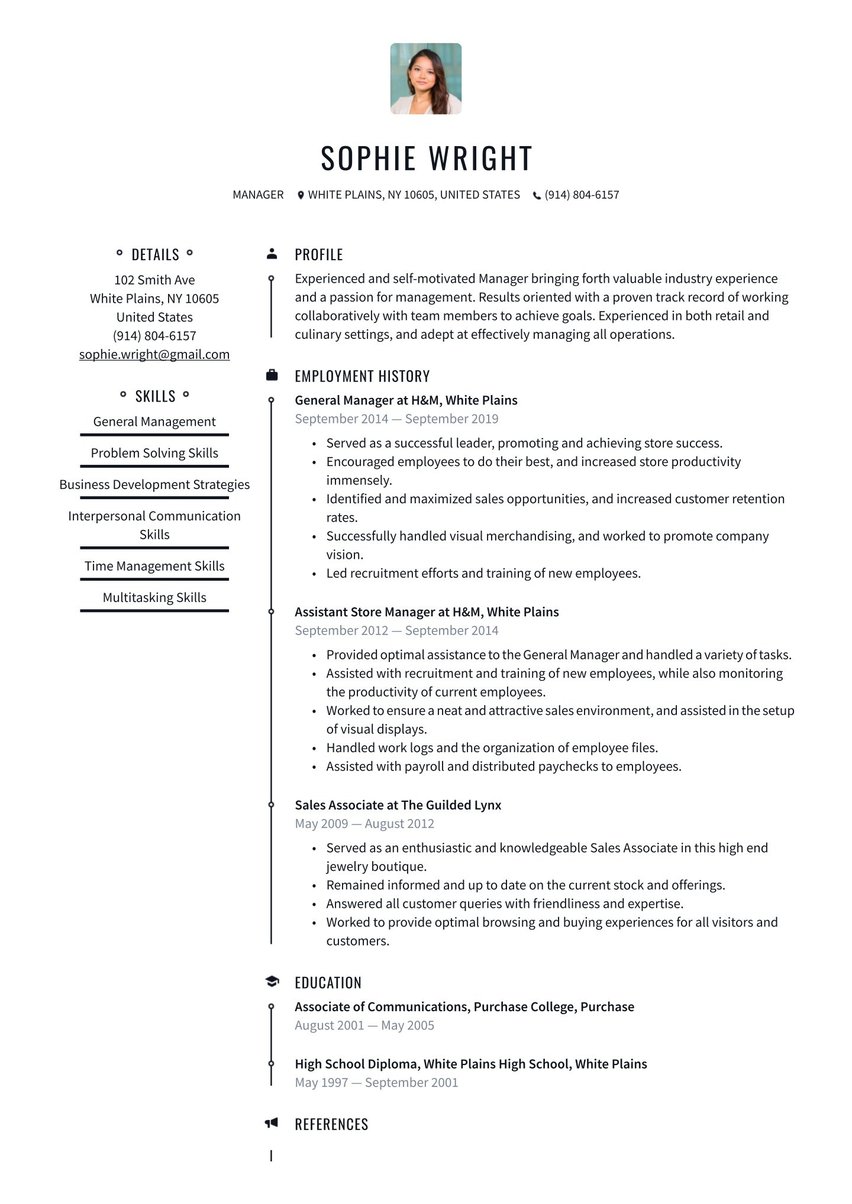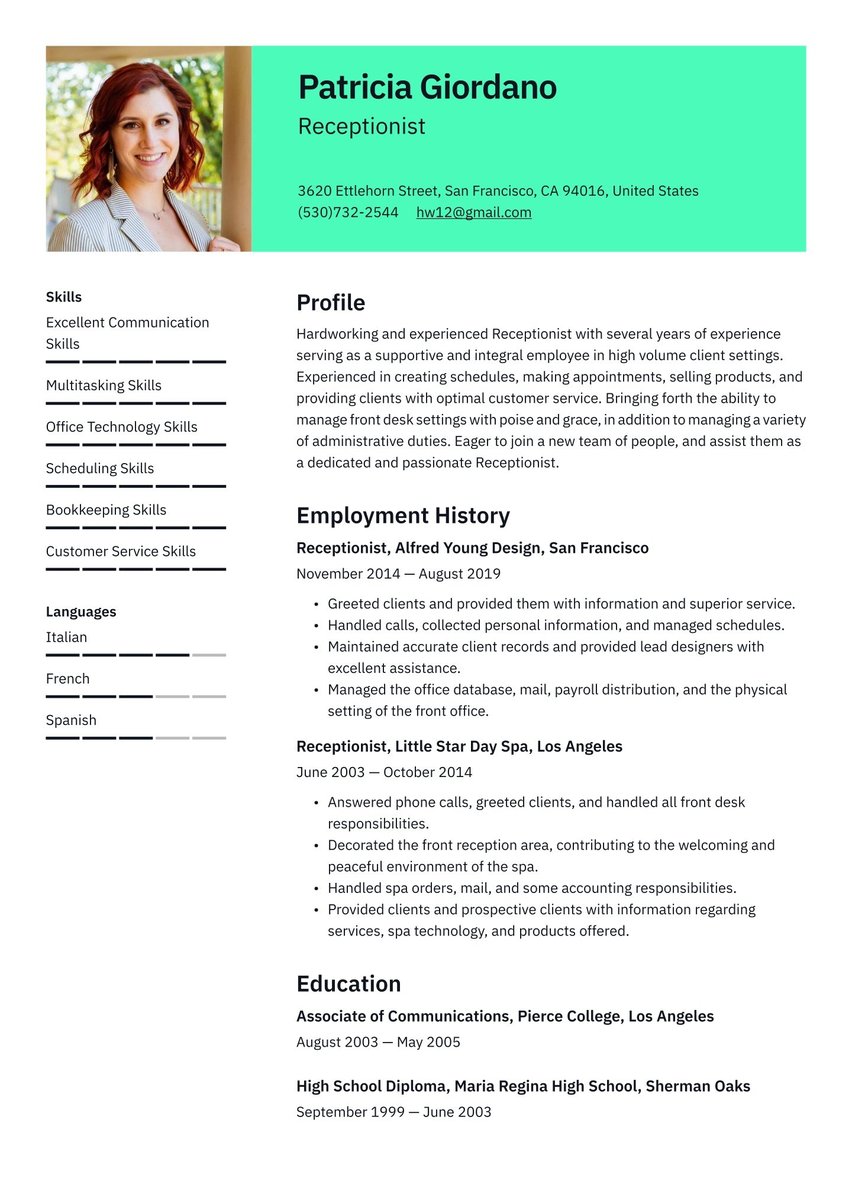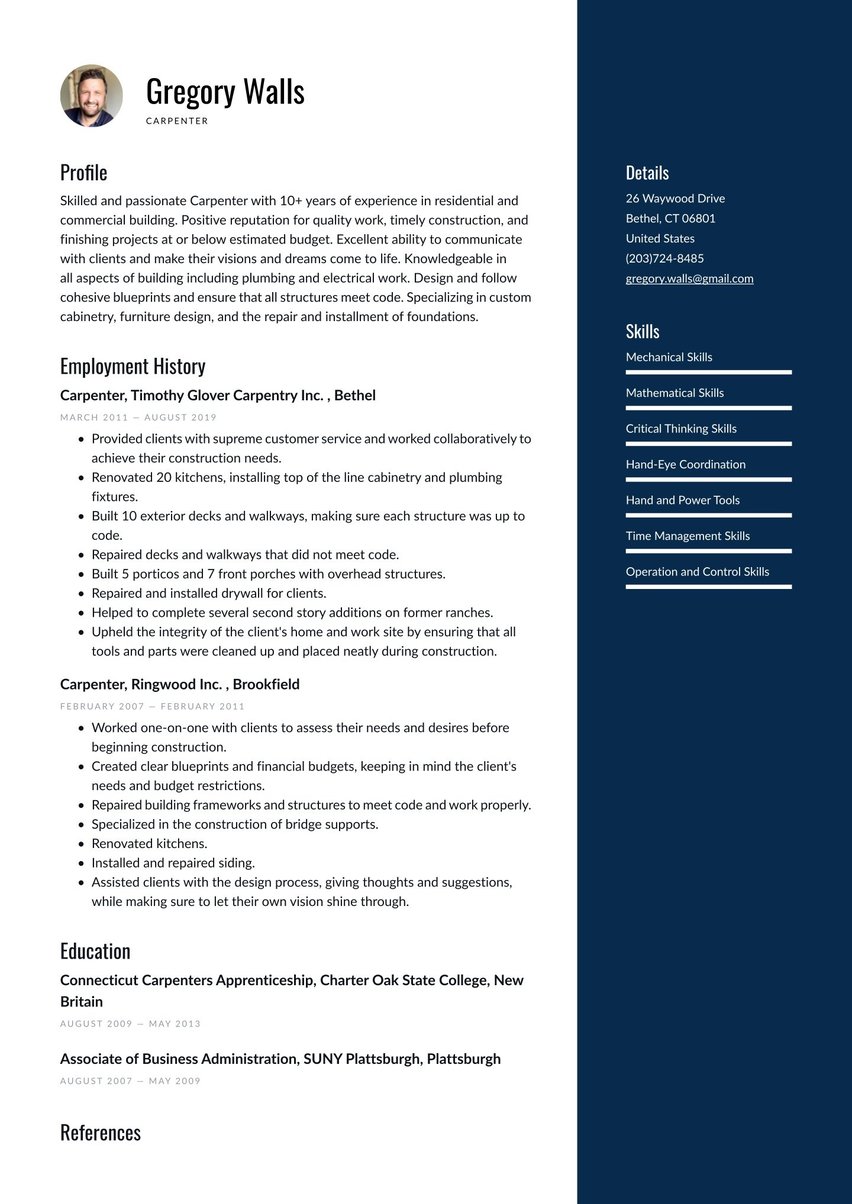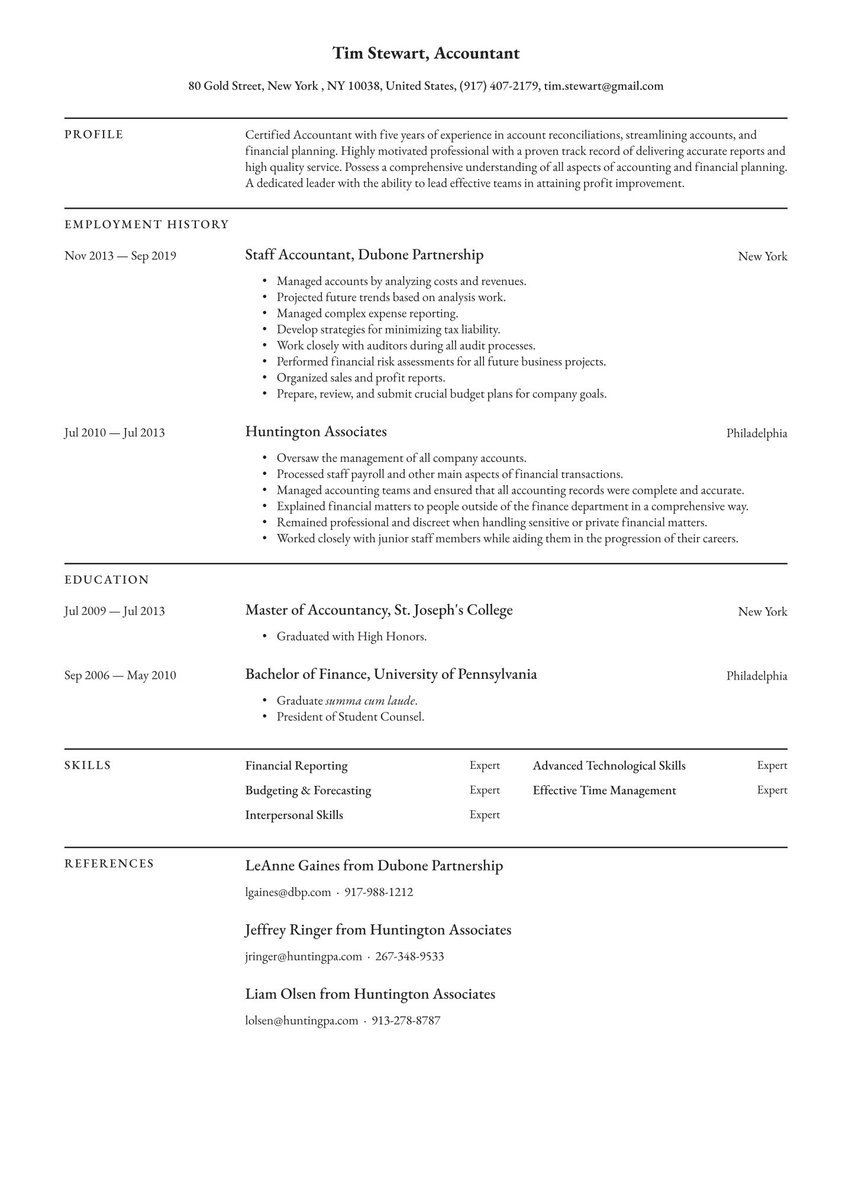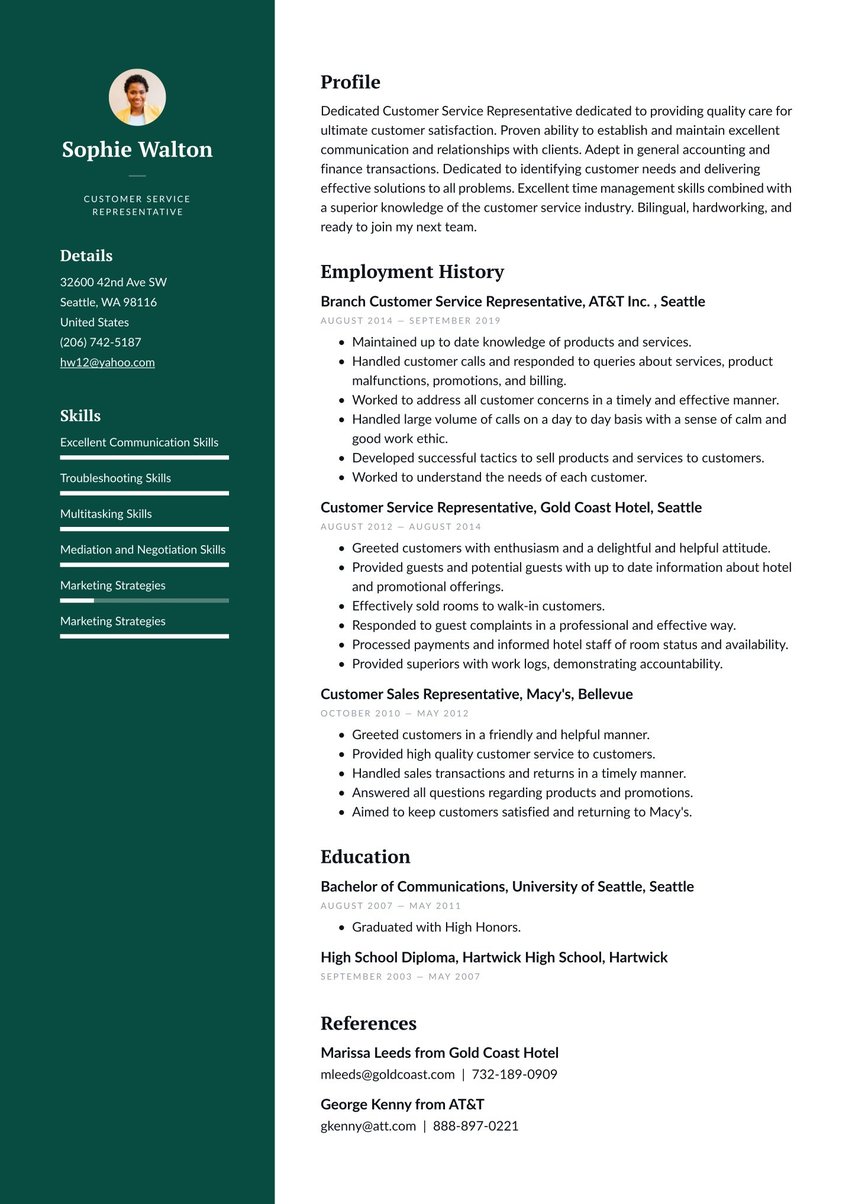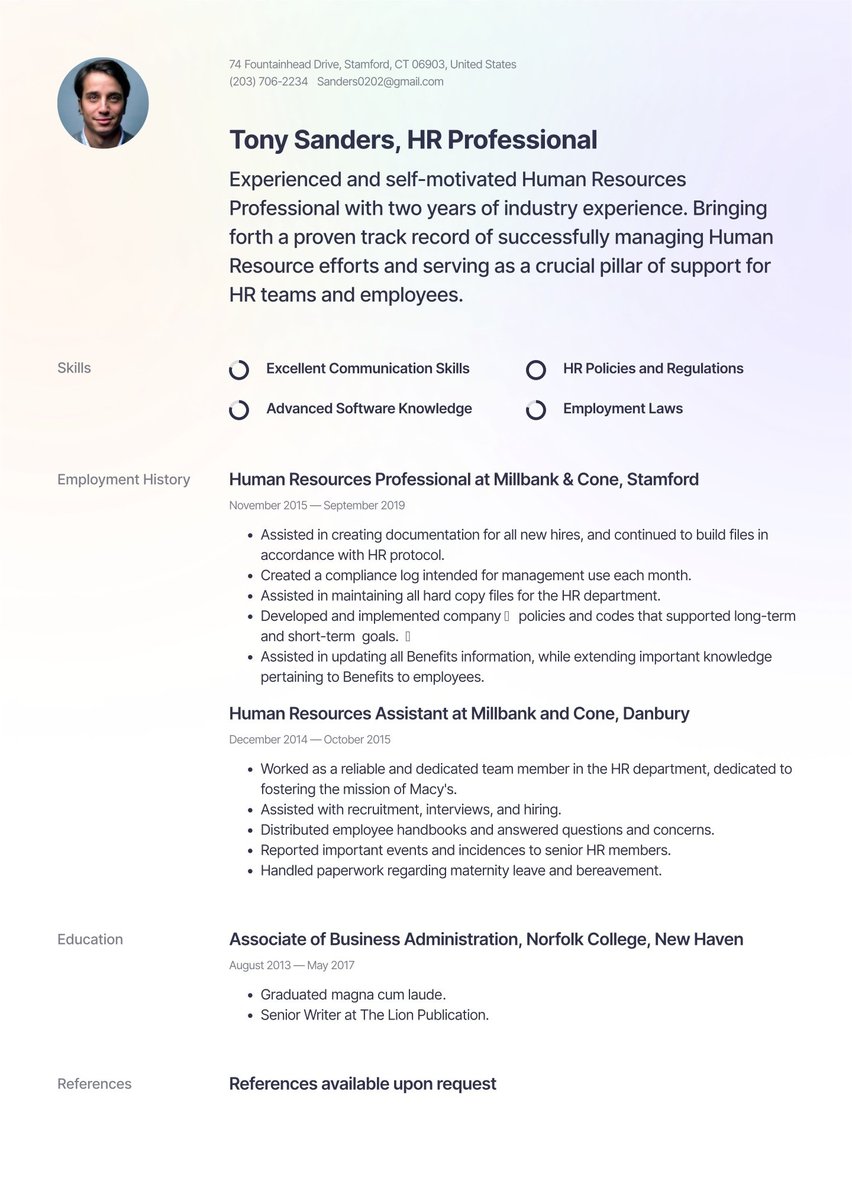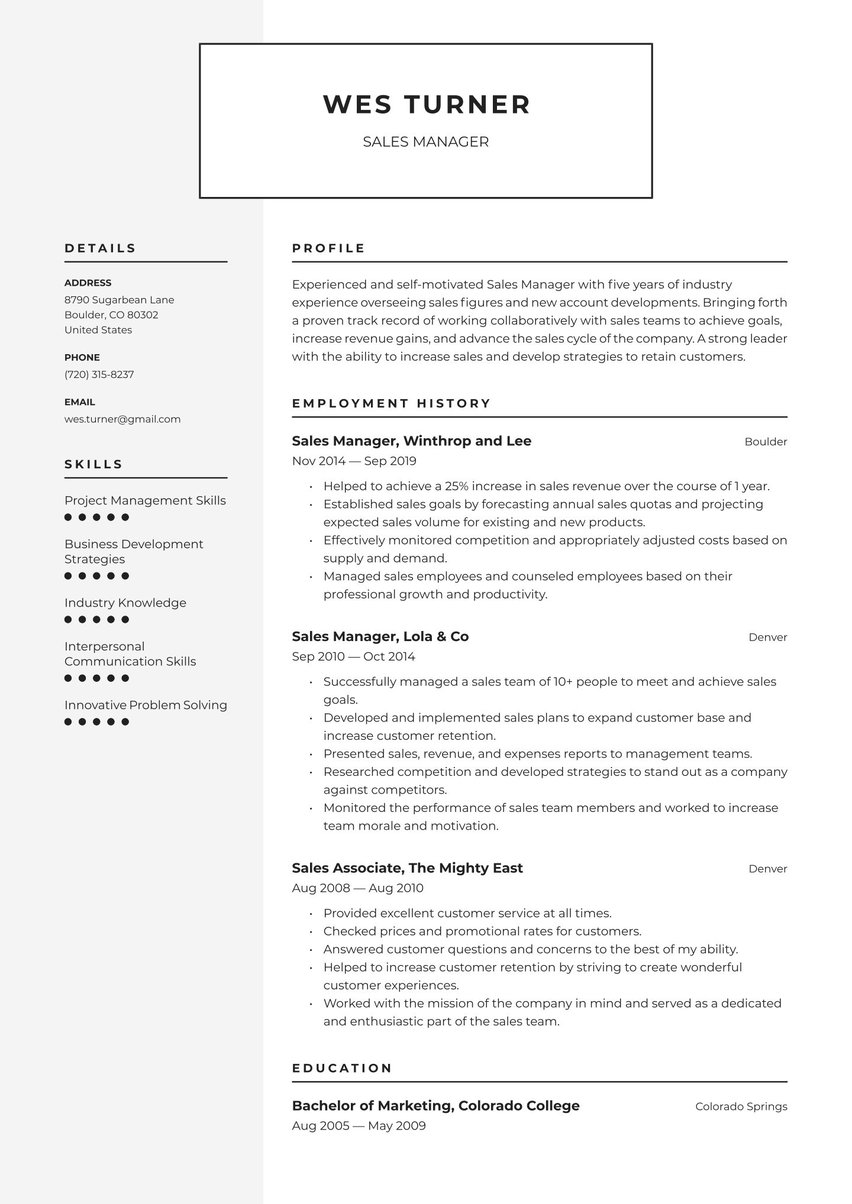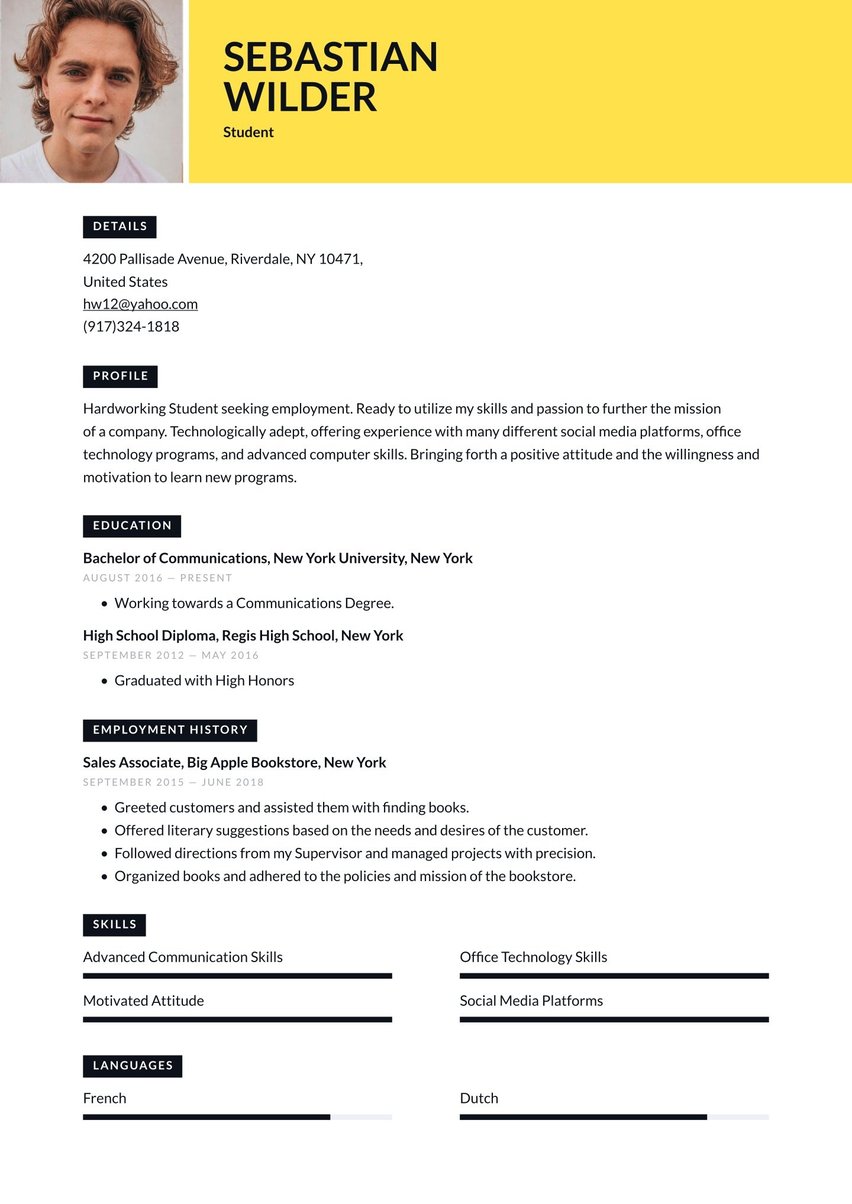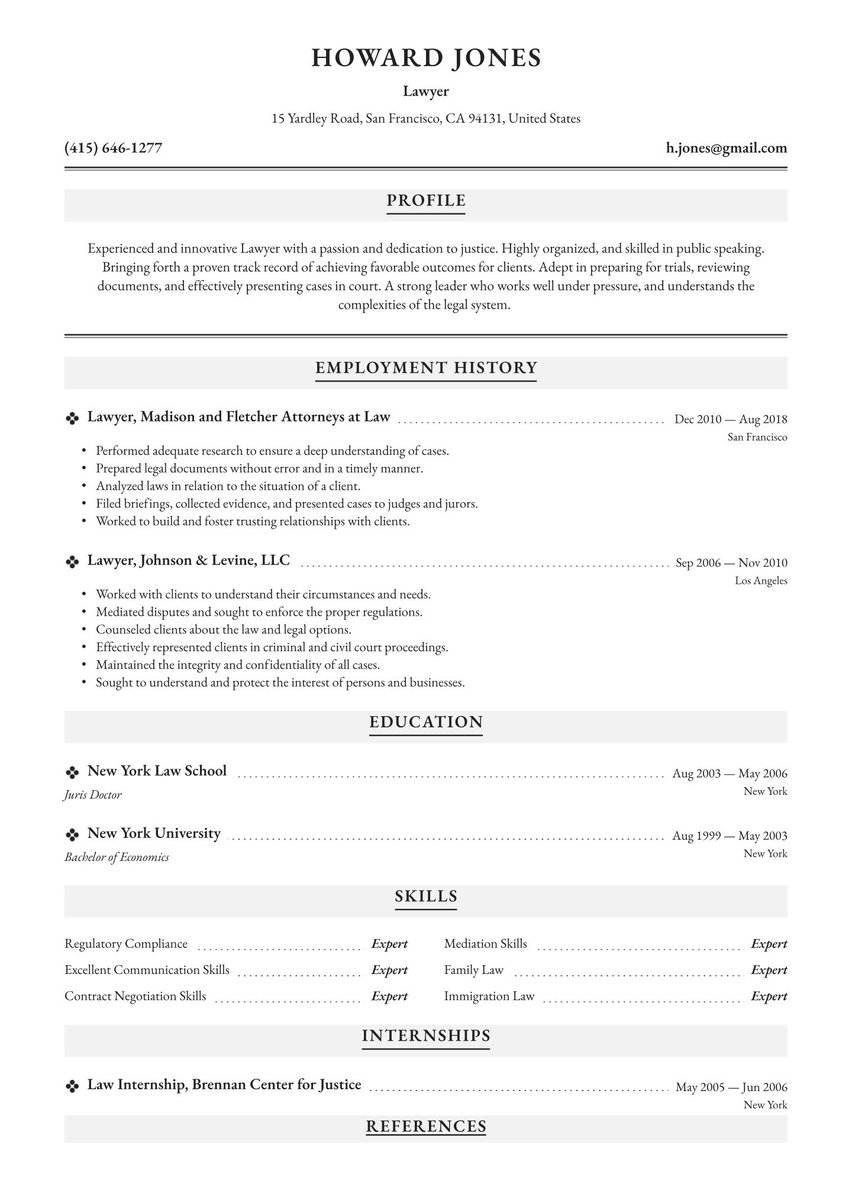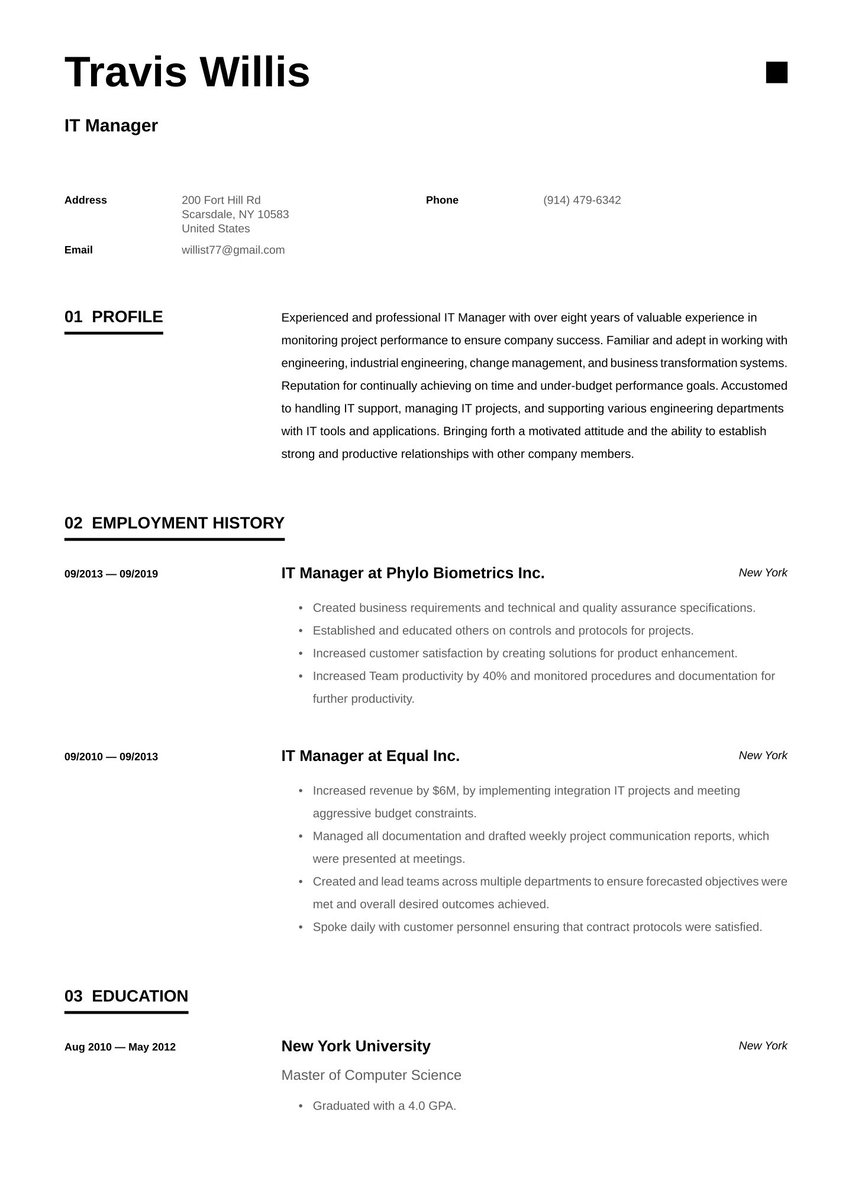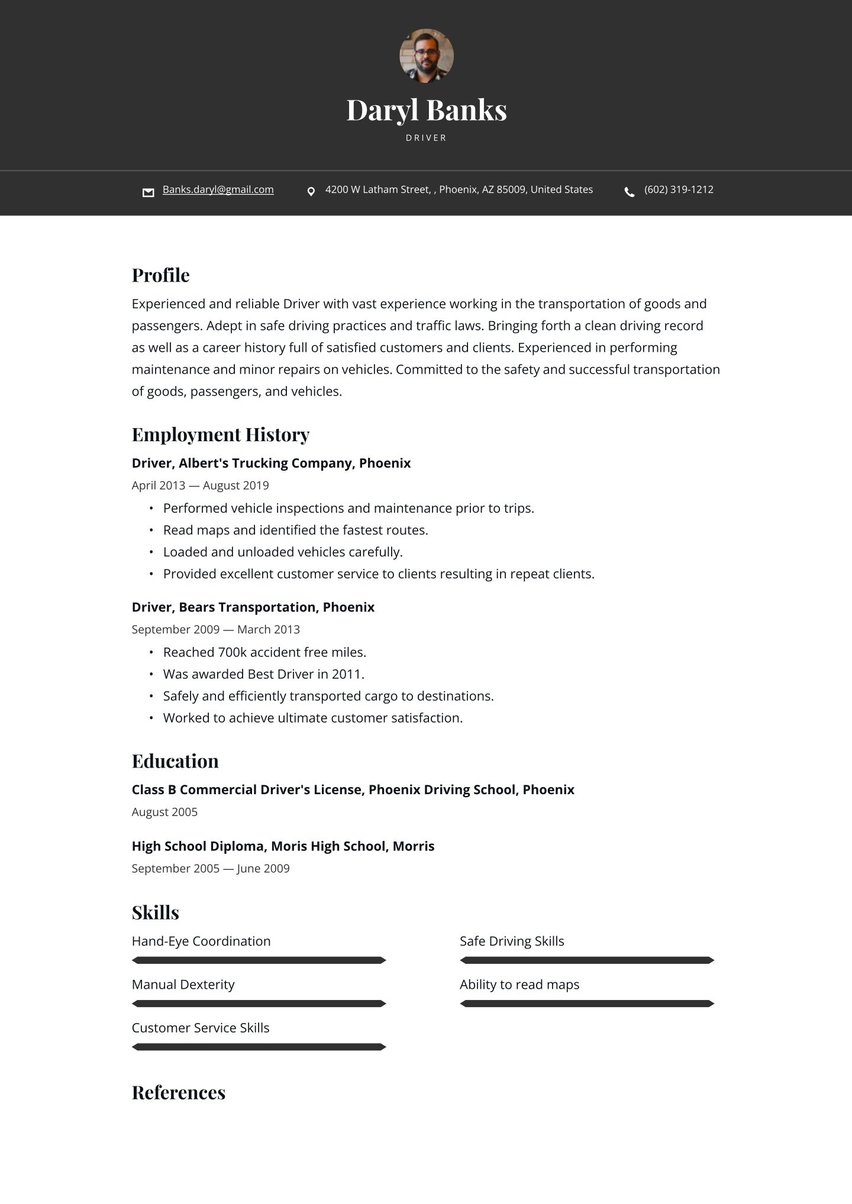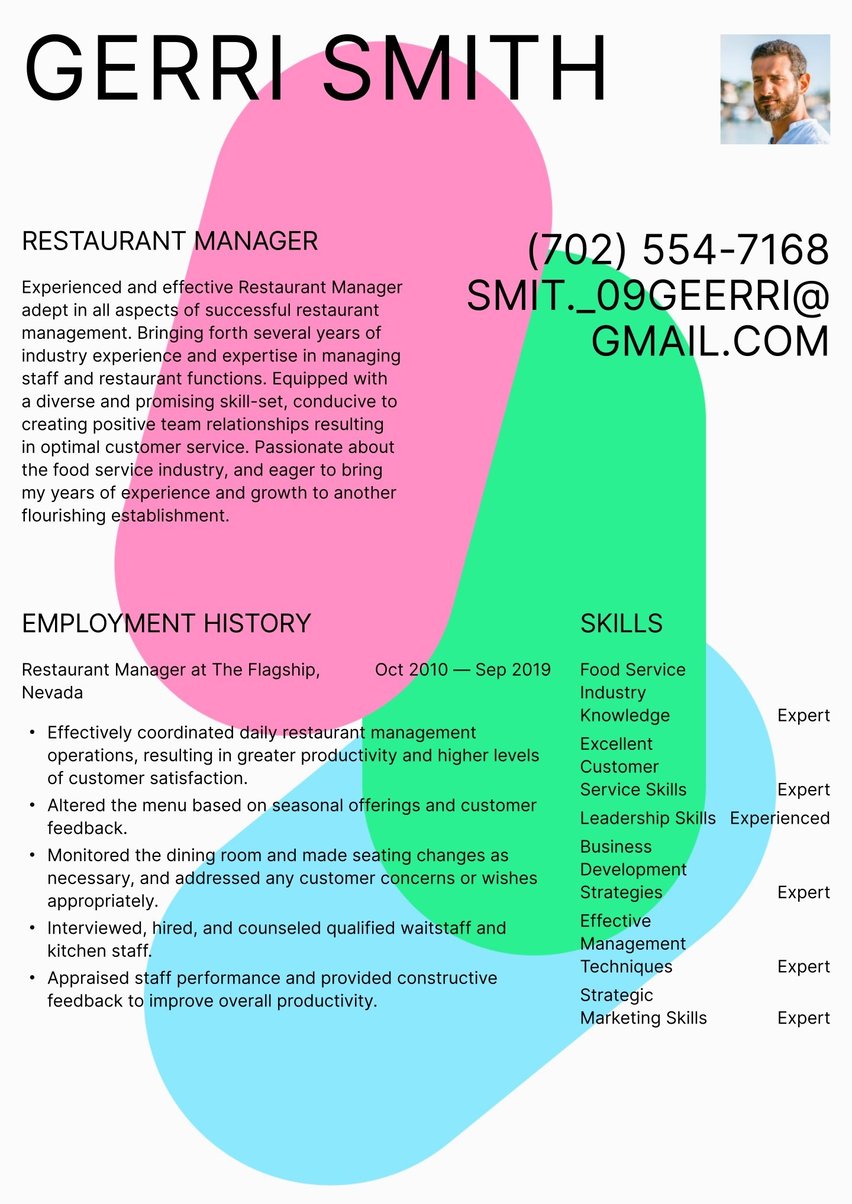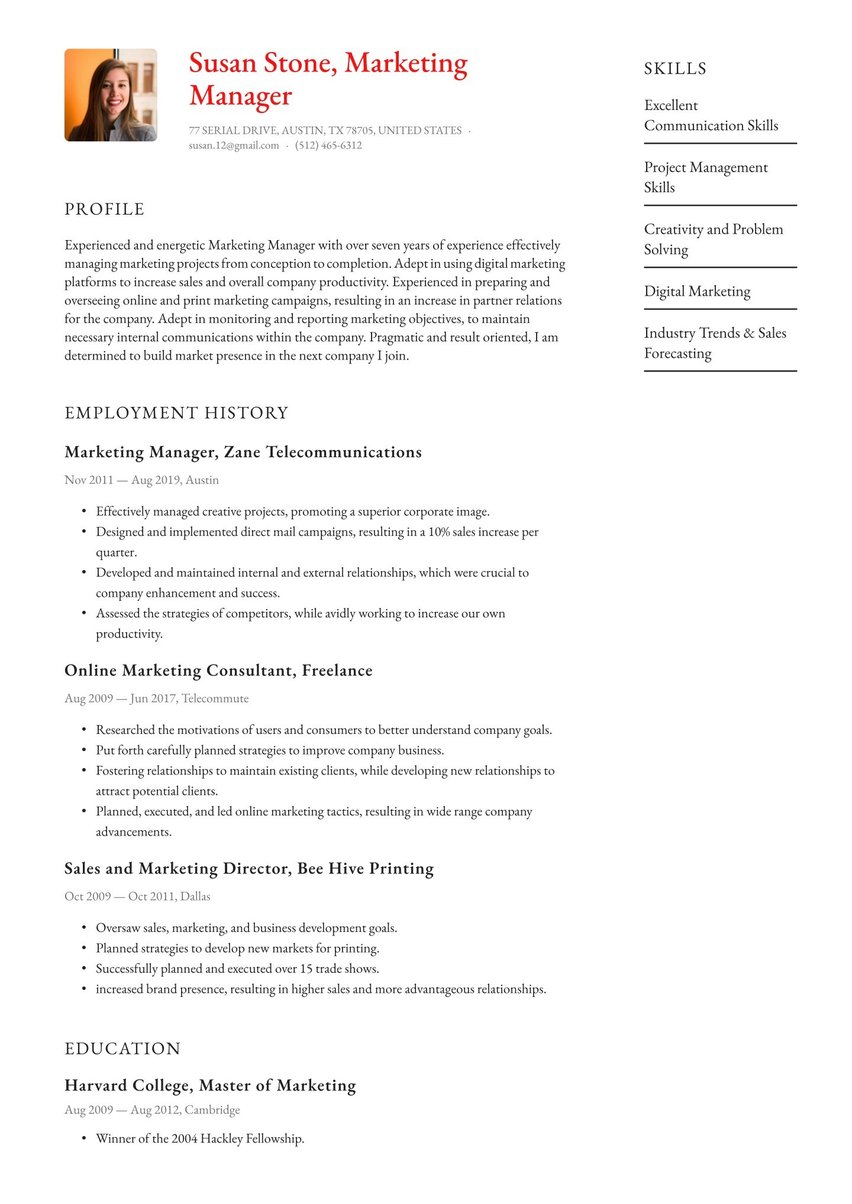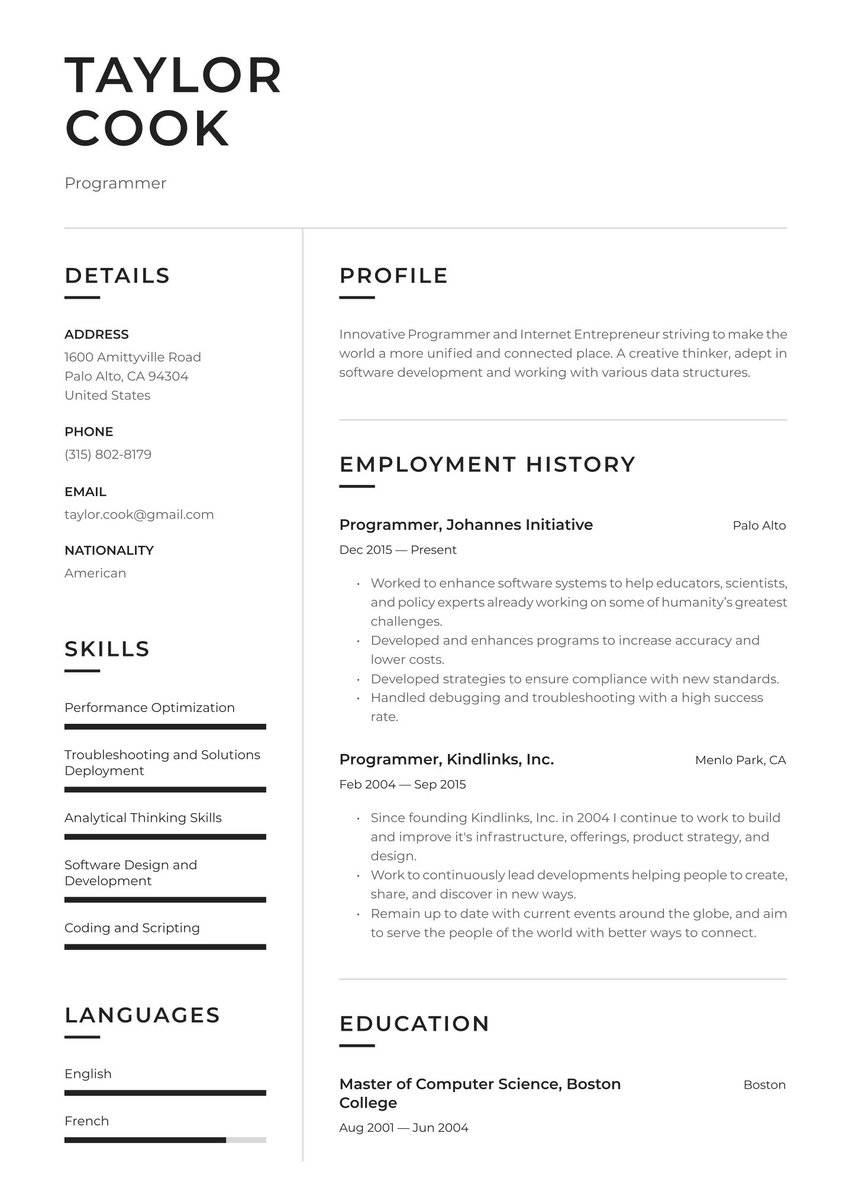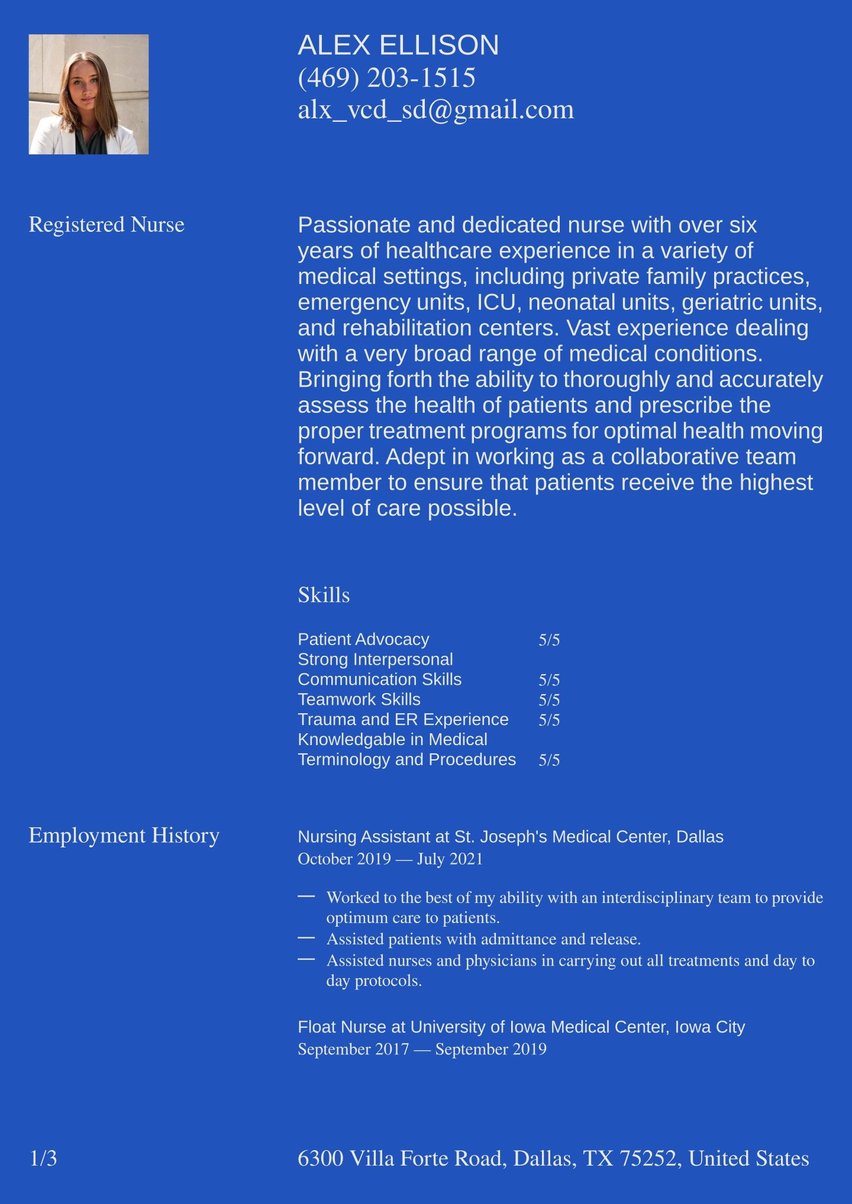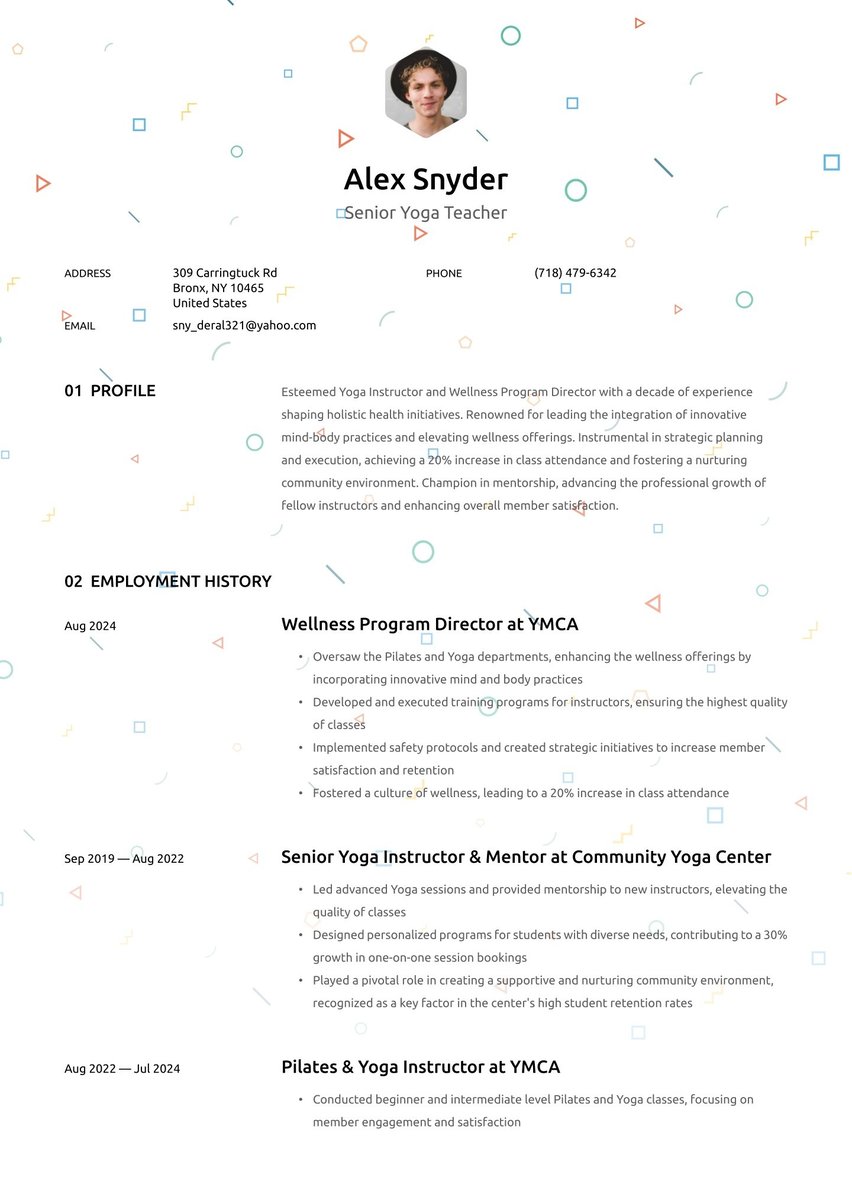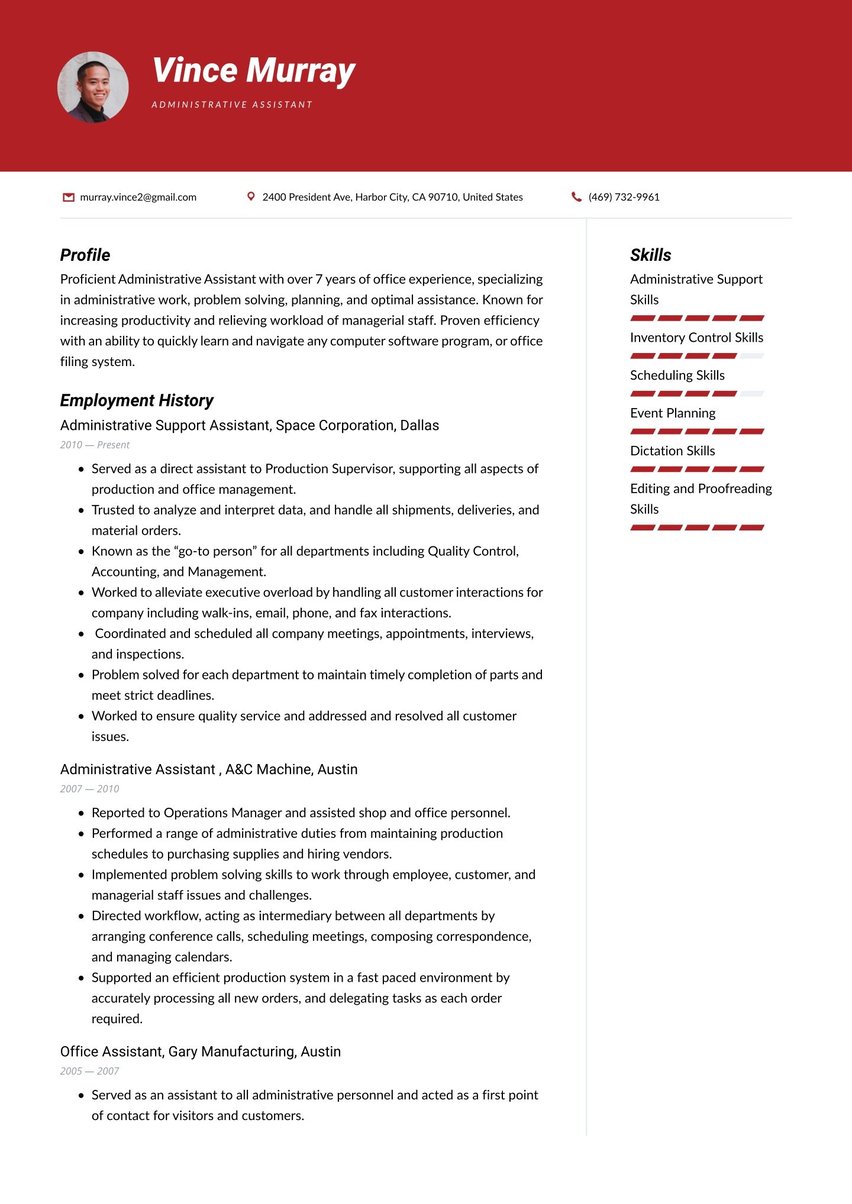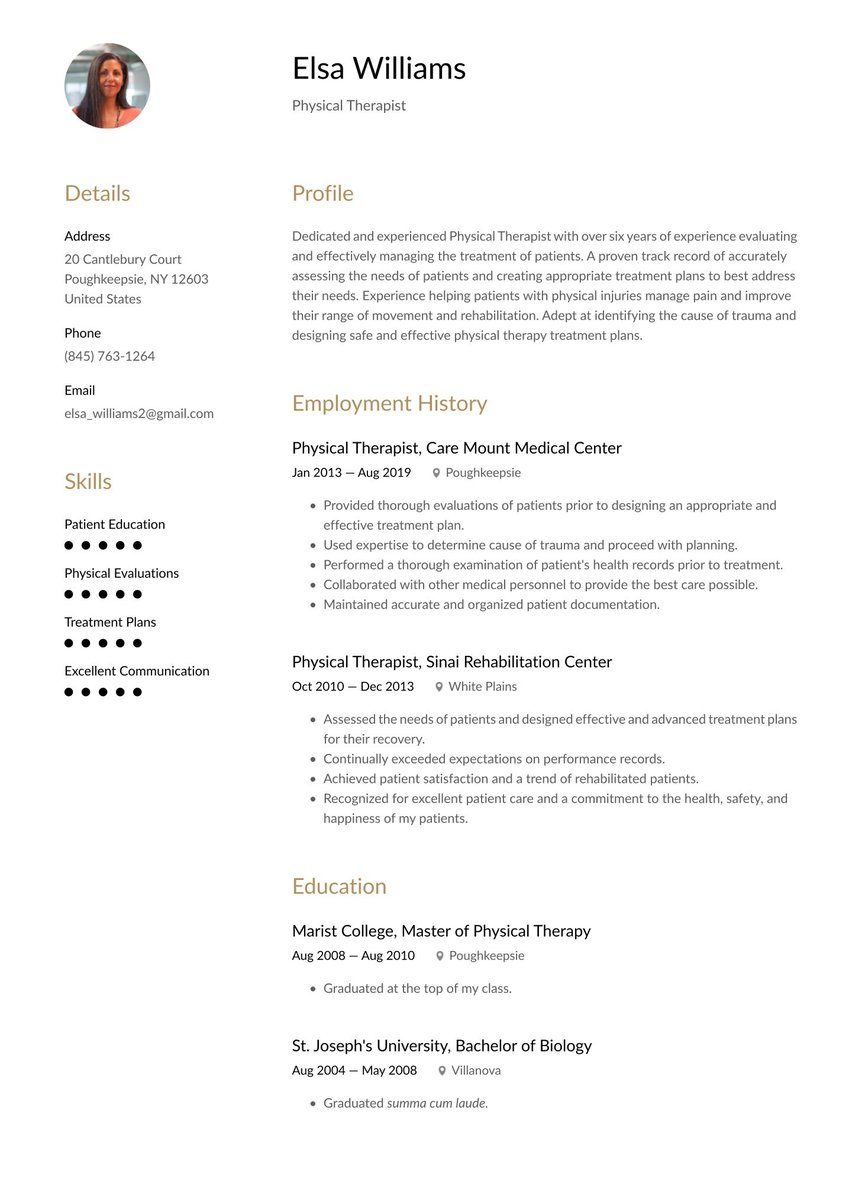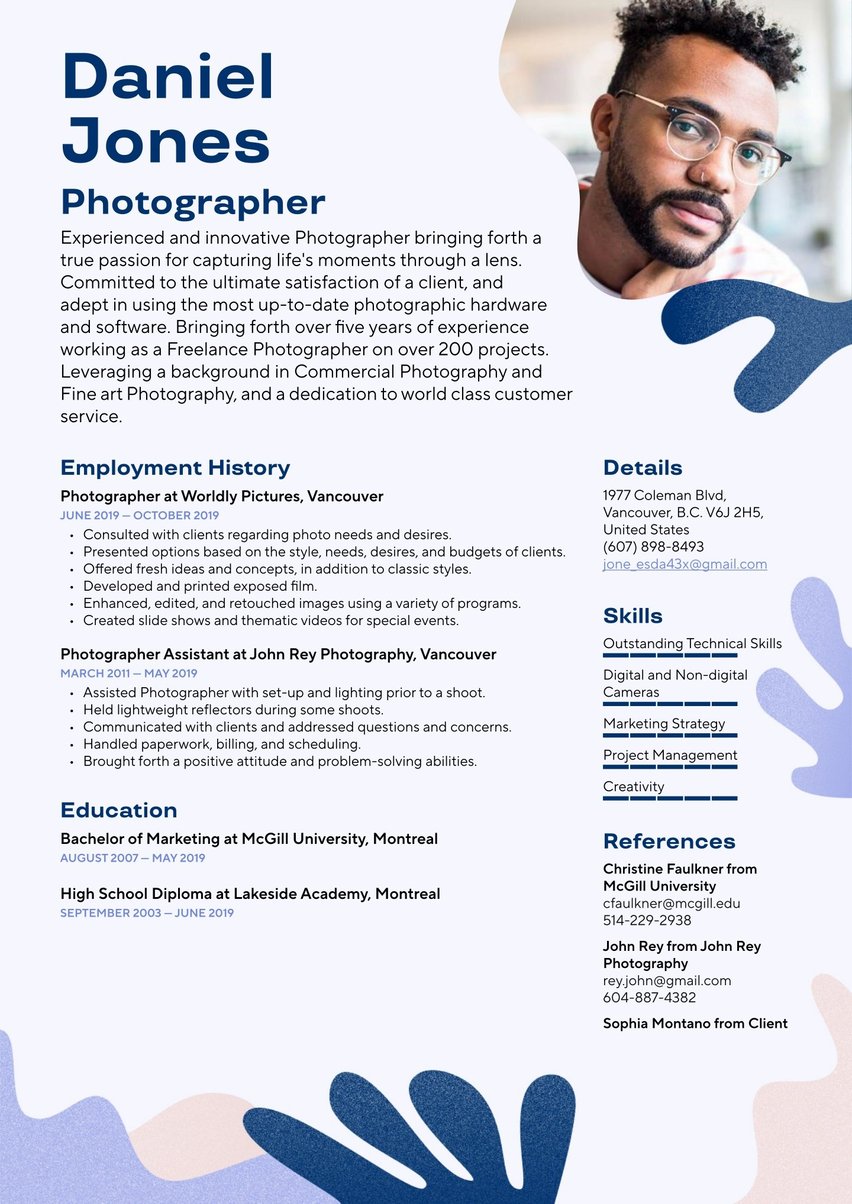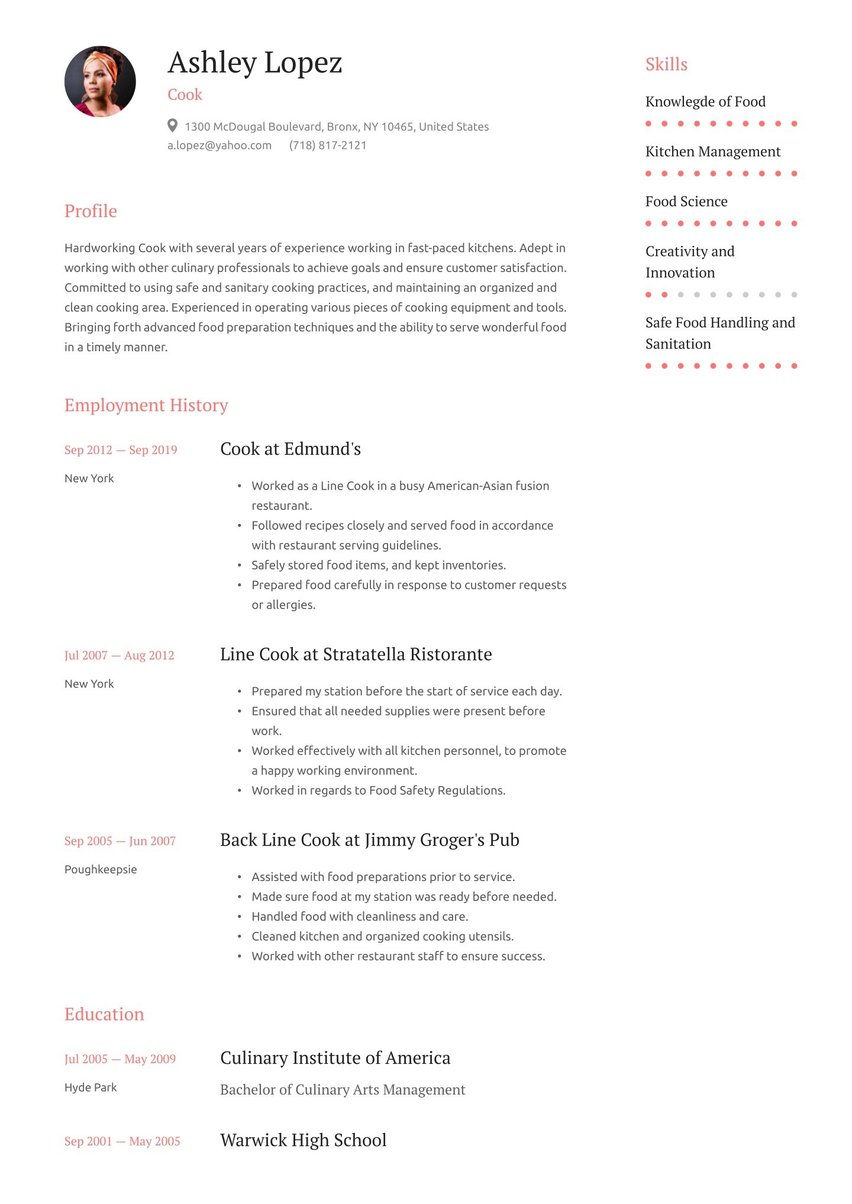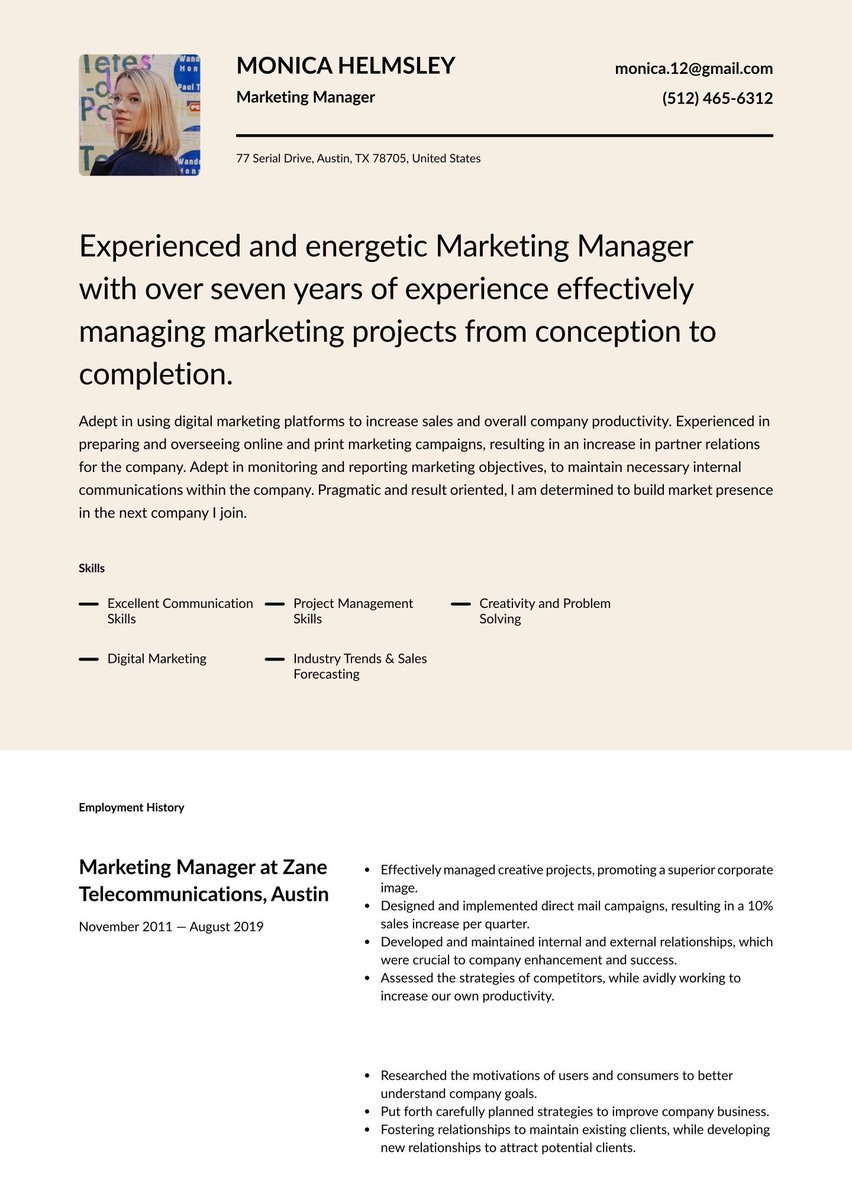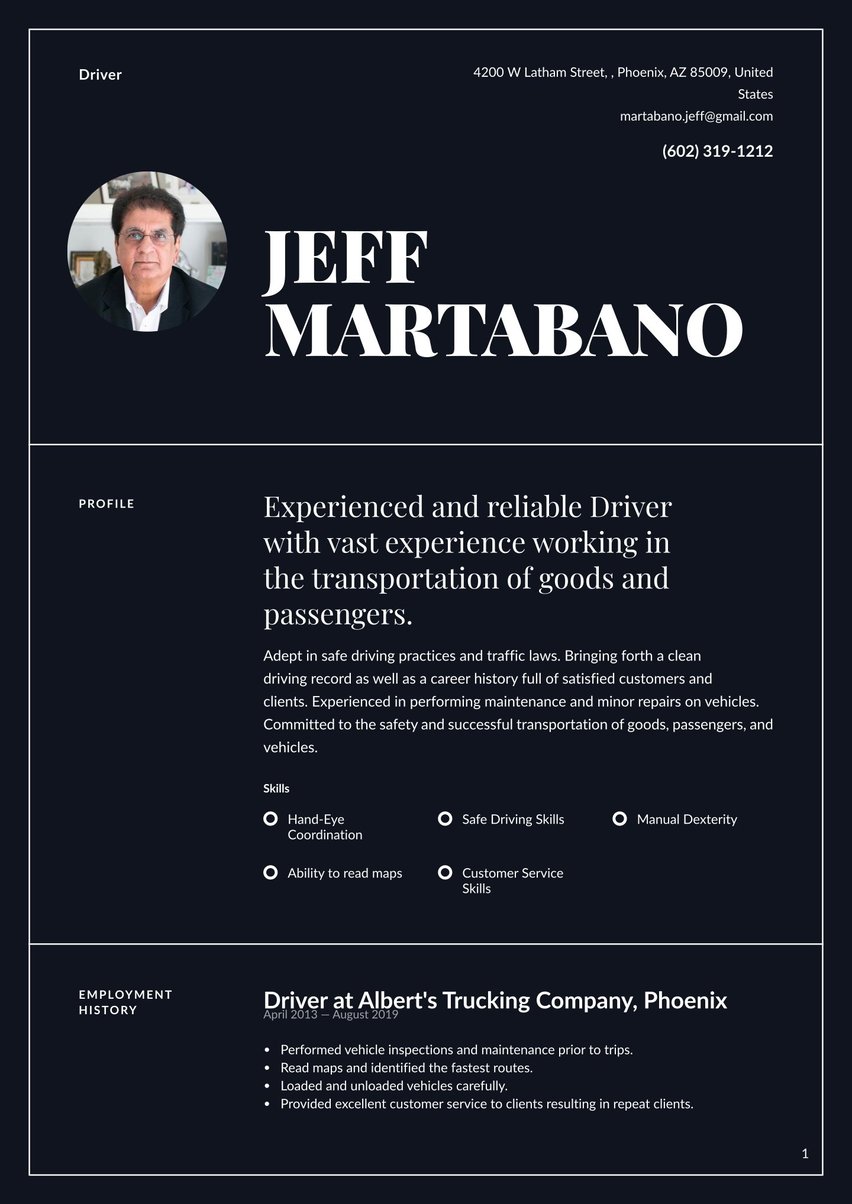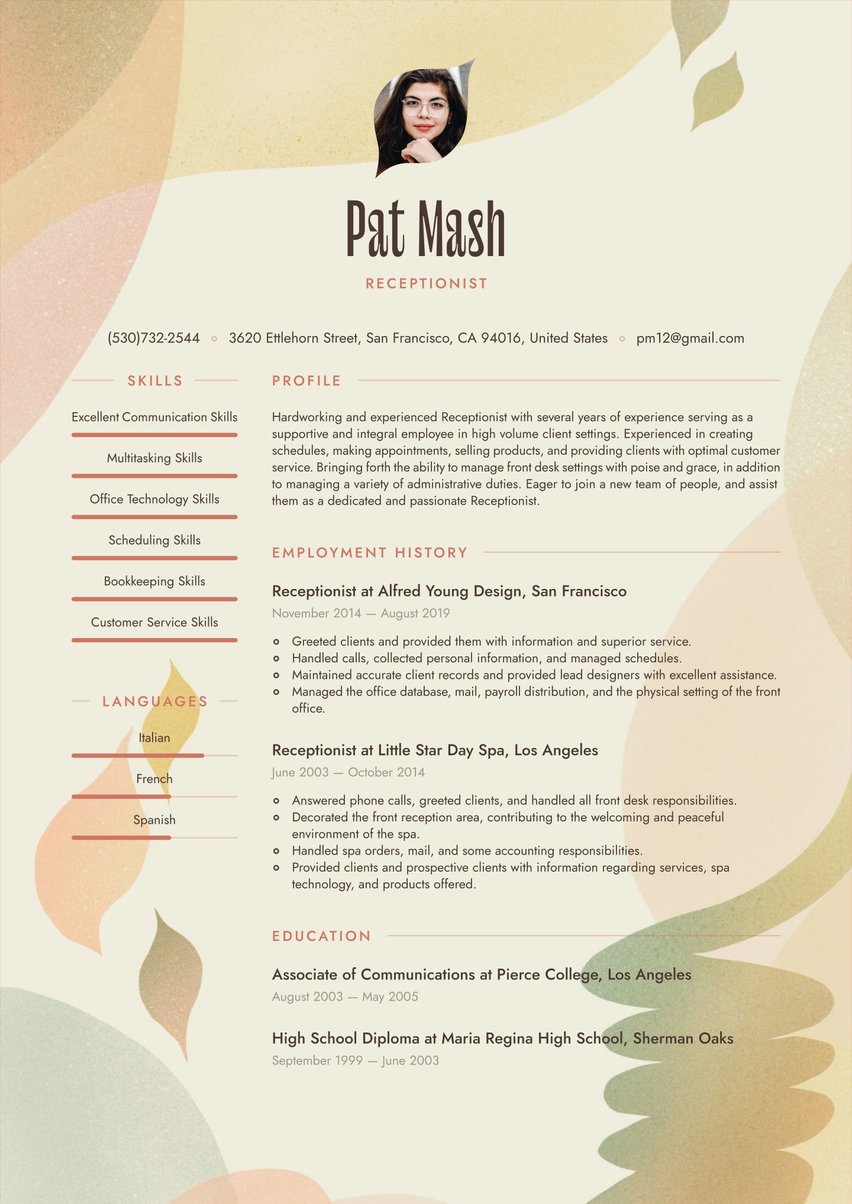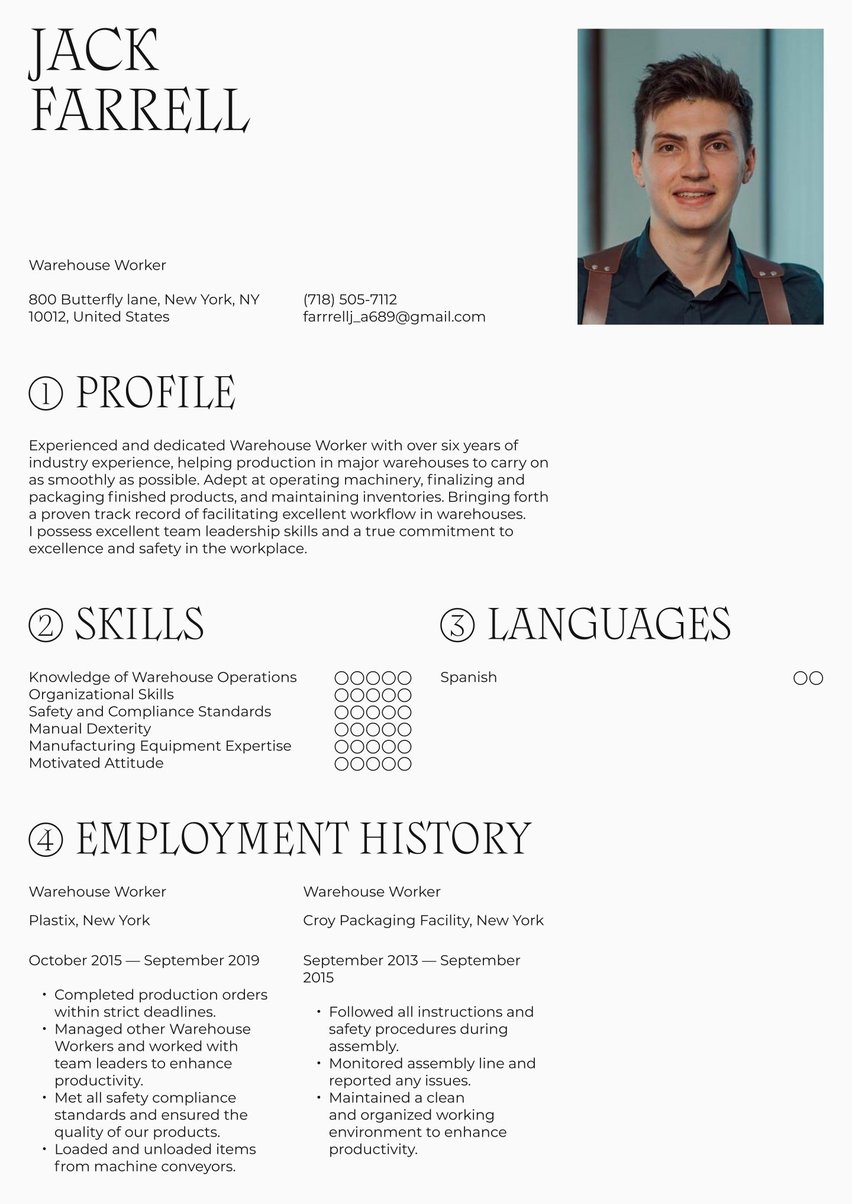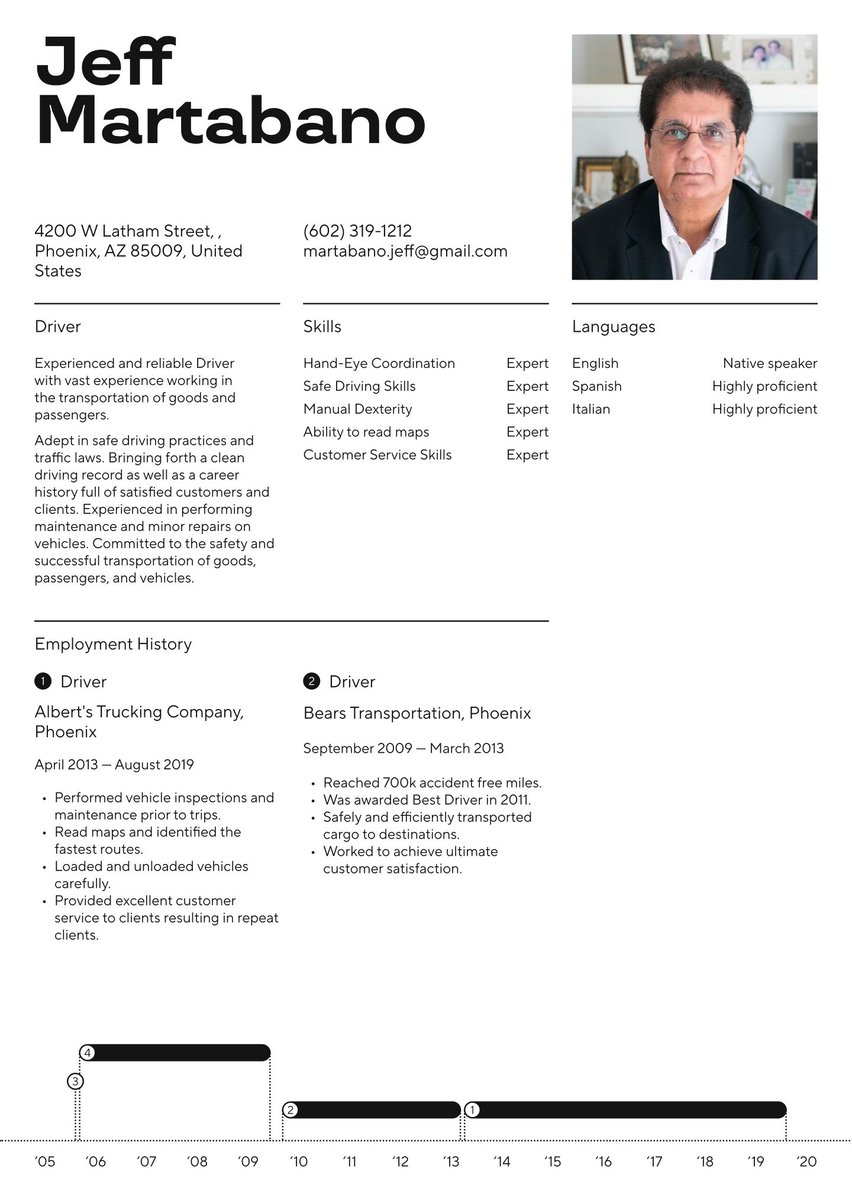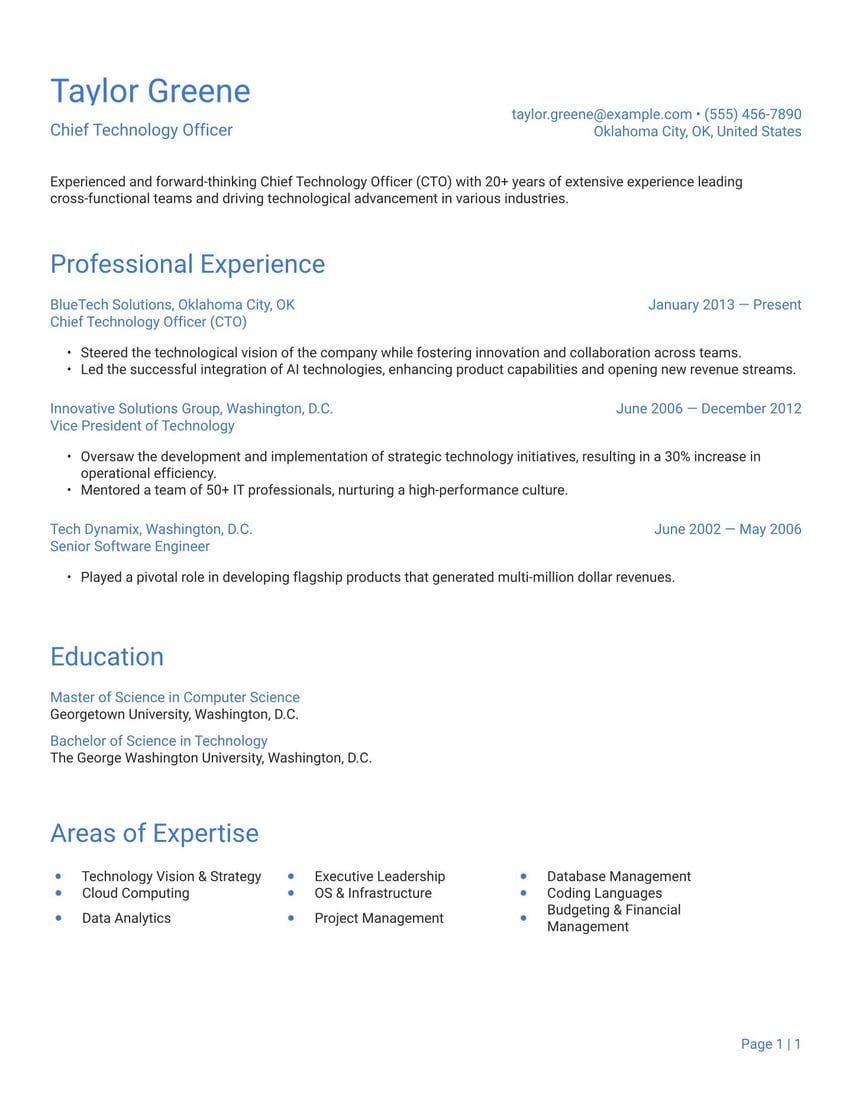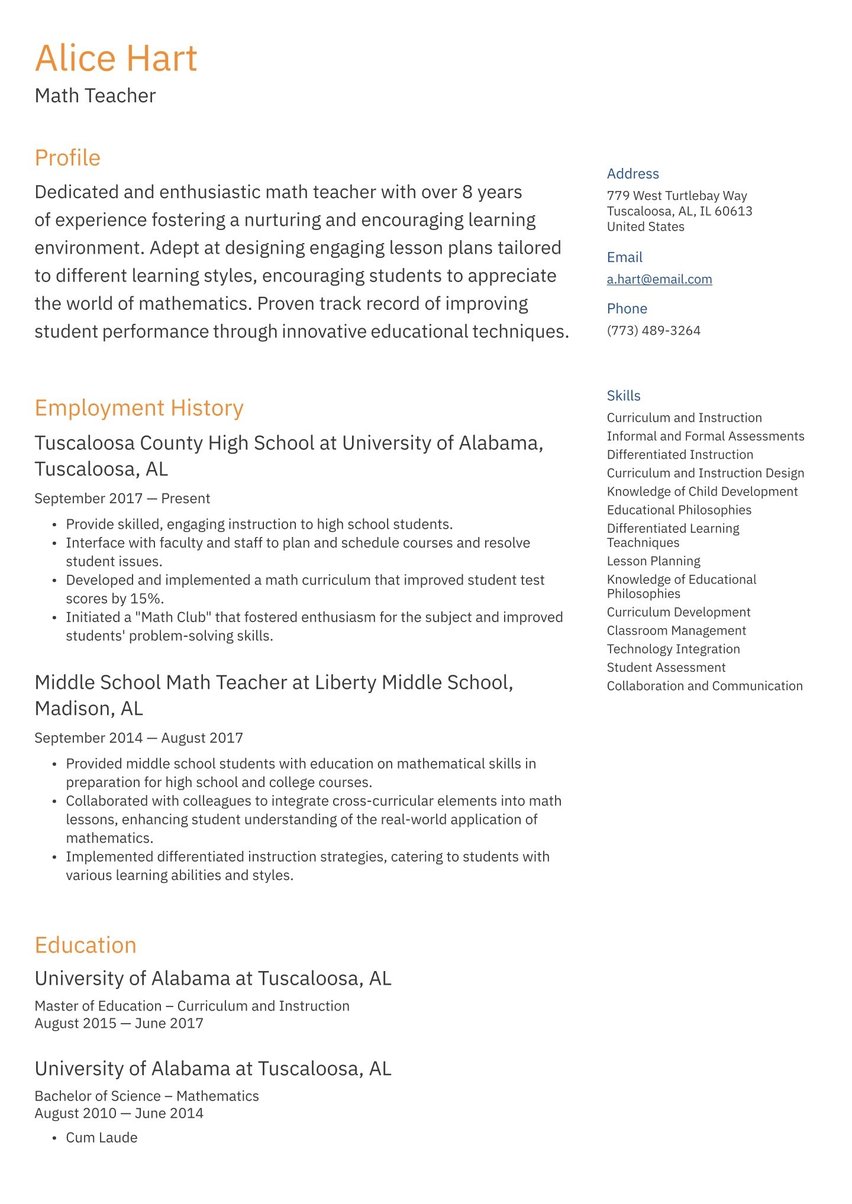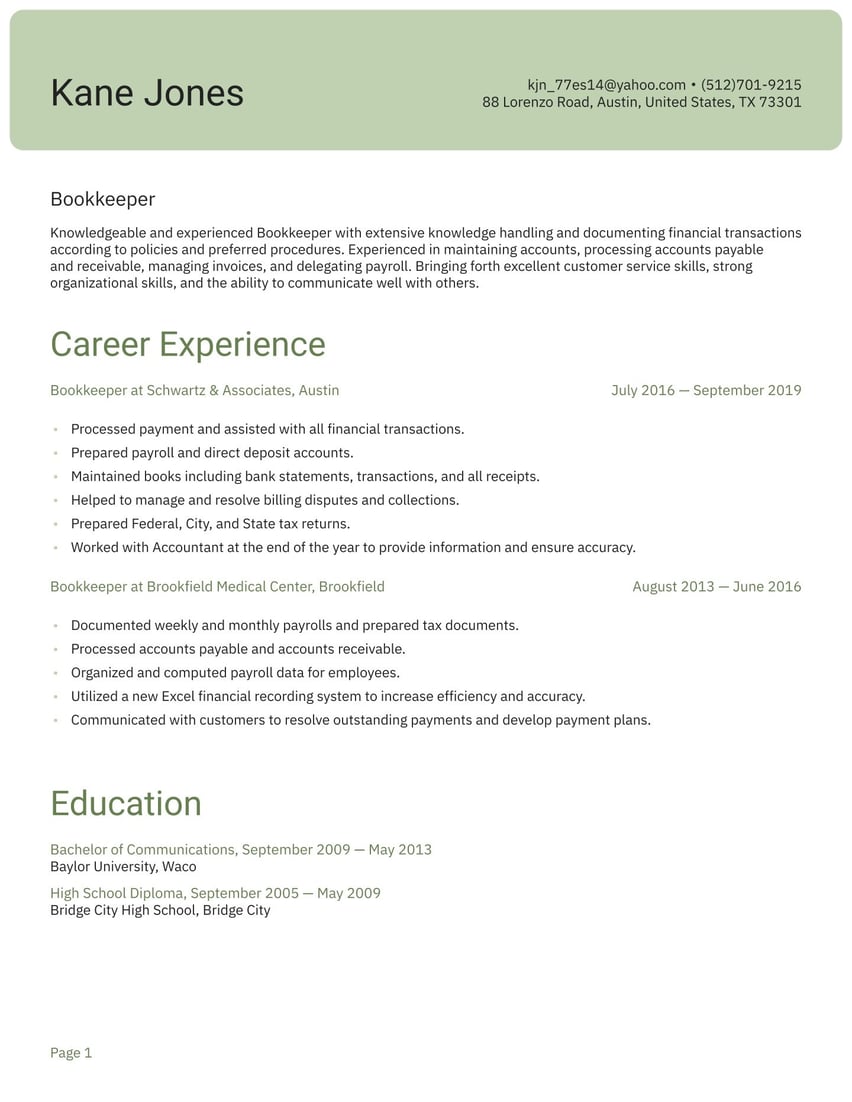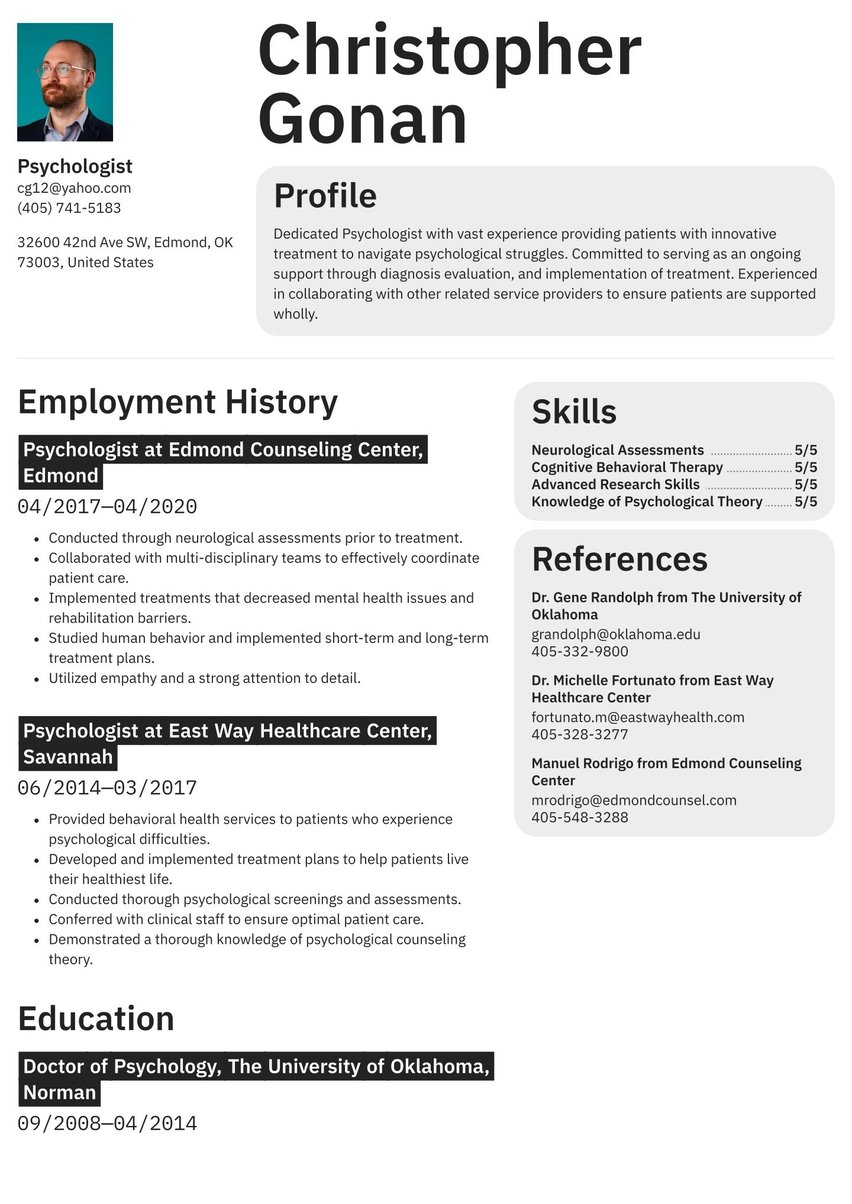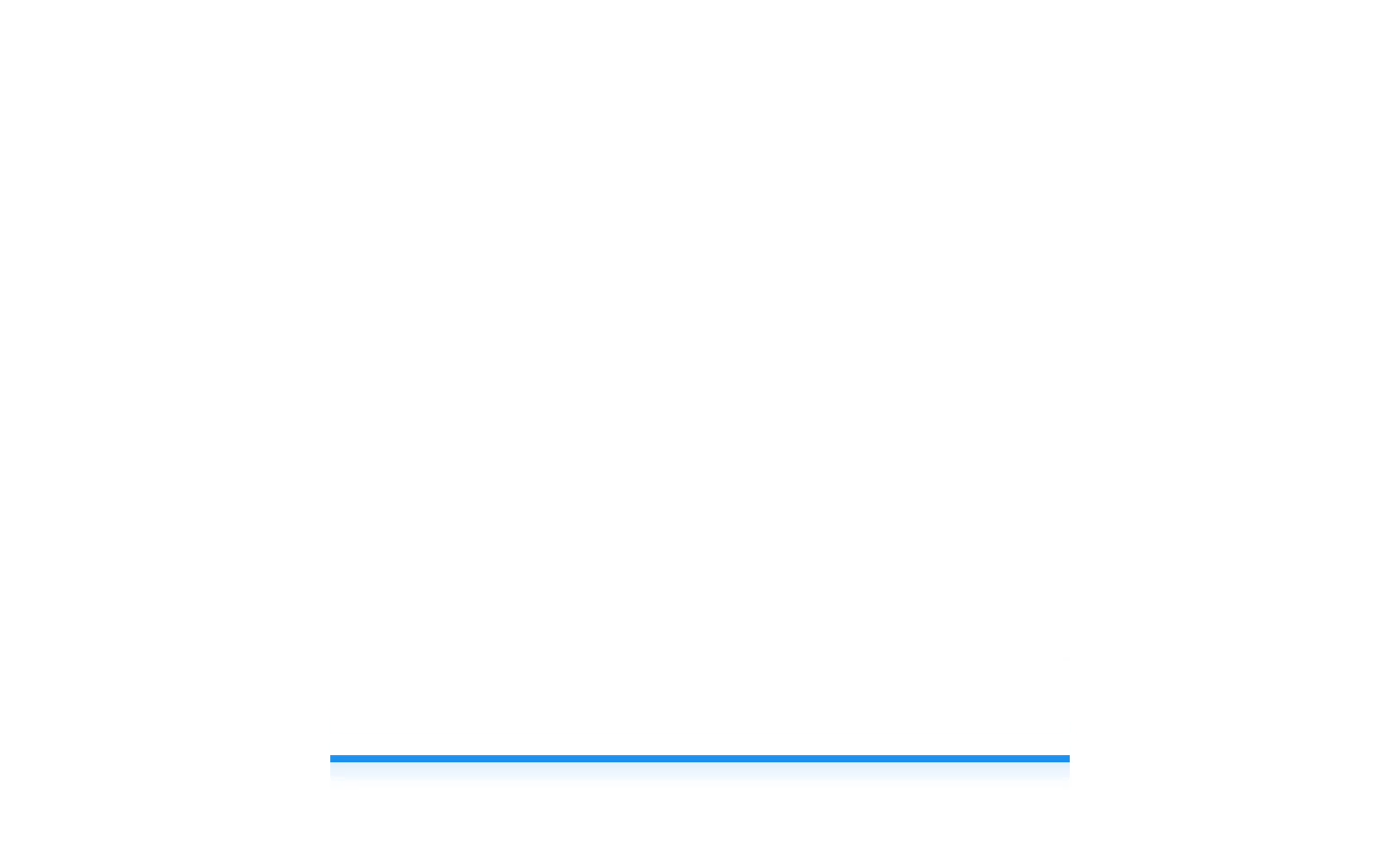Dedicated Psychologist with vast experience providing patients with innovative treatment to navigate psychological struggles. Committed to serving as an ongoing support through diagnosis evaluation, and implementation of treatment. Experienced in collaborating with other related service providers to ensure patients are supported wholly.
04/2017 - 04/2020, Psychologist, Edmond Counseling Center, Edmond
- Conducted through neurological assessments prior to treatment.
- Collaborated with multi-disciplinary teams to effectively coordinate patient care.
- Implemented treatments that decreased mental health issues and rehabilitation barriers.
- Studied human behavior and implemented short-term and long-term treatment plans.
- Utilized empathy and a strong attention to detail.
06/2014 - 03/2017, Psychologist, East Way Healthcare Center, Savannah
- Provided behavioral health services to patients who experience psychological difficulties.
- Developed and implemented treatment plans to help patients live their healthiest life.
- Conducted thorough psychological screenings and assessments.
- Conferred with clinical staff to ensure optimal patient care.
- Demonstrated a thorough knowledge of psychological counseling theory.
09/2008 - 04/2014, Doctor of Psychology, The University of Oklahoma, Norman
09/2004 - 05/2008, Bachelor of Philosophy, The University of Oklahoma, Norman
- Neurological Assessments
- Cognitive Behavioral Therapy
- Advanced Research Skills
- Knowledge of Psychological Theory
Psychologists are specialists in the sometimes mysterious reaches of the human mind — the cognitive and emotional processes that affect our feelings and behavior. What makes us happy, sad or angry? How do we explain mental disorders, and how do we treat them? How do we help people improve their inner lives?
Psychologist resume examples by experience level
Many psychologists are employed (or self-employed) as the classic “talking doctor” who conducts therapy sessions for individuals or married couples. But psychologists work in many other settings, including companies seeking to improve employee morale or productivity. Forensic psychologists work in criminal justice, helping lawyers, judges and juries understand psychological aspects of a case. School psychologists help teachers address learning disabilities and developmental disorders, and they often counsel students individually.
As an occupation, psychology is booming, with a secure job outlook in the years ahead. And the pay is excellent, generally between $78,000 and $105,000 a year. If you’re seeking a psychologist job, whether you’re fresh out of college or looking to make a late-career move, you’ll need an outstanding resume that effectively highlights your education, training and experience.
And that’s where your best partner is resume.io, whose resume templates and builder tool offer step-by-step guides to getting this crucial job done right. Start with this guide, which is written specifically for psychologists, but also take a look at our detailed primer on the basics of resume writing.
What we’ll cover here:
- The anticipated job demand and pay ranges for psychologists
- The imperatives of how to present your profile, job history, education and skills.
- The need to customize your resume to each potential employer
- The crucial facts about electronic Applicant Tracking Systems that can get your resume rejected before a human being even looks at it.
Job market: Strong growth expected
Psychologist jobs in the U.S. are expected to experience 8% growth between 2020 and 2030, according to the Bureau of Labor Statistics (BLS). Demand for psychological services is expected to grow across the board — in schools, hospitals, private companies, mental health centers and social service agencies.
This suggests that if you want a variety of jobs to choose from, you’re in the right field. Yet the strong job outlook in psychology is also likely to attract more candidates to the field, meaning there’ll be lots of competition for top jobs. A bulletproof resume remains your best tool for competing in an attractive field. Psychiatrists fulfill a role similar to psychologists in that they are health-care professionals who counsel patients, though psychiatrists are also licensed to dispense medication. The two jobs are not identical, but it’s interesting to note that the field of psychiatry is expected to experience more job growth than any other medical specialization.
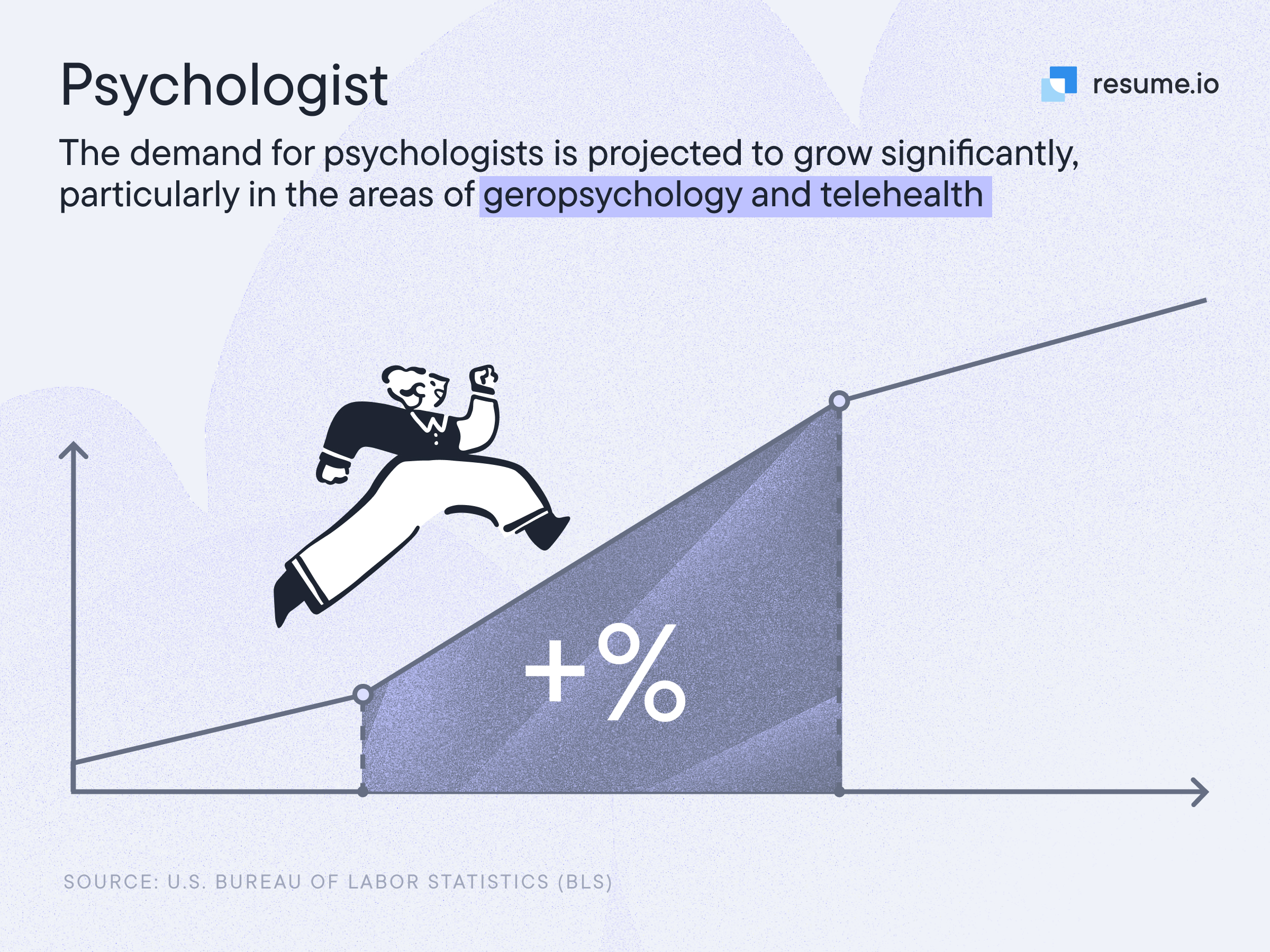
How’s the pay?
Psychologists of all kinds earn good money, with a median annual salary of $81,040 in the U.S. in 2021. The bottom 10% made under $48,000, while the top 10% made more than $133,890. Here are some breakdowns in median salaries for different types of psychologists:
Stats Insight
| Median annual wages by occupation, 2021: | Median annual wages for psychologists by employer, 2021: |
| Psychologists, all other: $102,900 | Government: $103,850 |
| Industrial-organizational psychologists: $105,310 | State, local and private hospitals: $99,330 |
| Clinical, counseling and school psychologists: $79,510 | Ambulatory health-care services: $83,770 |
| Elementary and secondary schools: $778,830 |
Source: BLS
In short, demand for psychologists is expected to remain very strong, and the field offers good salaries to attract top talent. To compete for the best jobs in this growing field, a strong resume is crucial.
How to write a psychologist resume
The very first step in writing your psychologist resume is knowing what elements go into it. Your CV should contain the following sections:
- The resume header
- The resume summary (aka profile or personal statement)
- The employment history section
- The resume skills section
- The education section
Choosing the best resume format for a psychologist
We highly recommend the reverse chronological order resume format for psychologists. Why? Your career has likely followed a straight path that can be detailed in a timeline. Recruiters like this format because it makes it easy for them to see what your most recent experience is. Plus, Applicant Tracking Systems (ATS) are organized this way, which will make it easier for you to input your resume online.
If your work experience doesn’t fit this format, you may want to check out the other options we suggest.
Resume summary example: Tell us about yourself
You may be used to listening to others talk about their lives, but now it’s your turn. The resume profile, also known as a summary, is your chance to introduce yourself to a prospective employer in your own words. Make this first impression count. Describe your professional aptitudes, passions and interests. Tell us how you excel. Use strong verbs and adjectives and sell yourself as the ideal candidate for the job.
Be aware that the No. 1 reason employers dismiss resumes is because of errors in spelling and grammar. Take no chances with this and proofread your resume carefully, and if necessary, find an editor to read behind you.
According to one survey of hiring managers, these are the seven most common resume mistakes that lead to a job candidate’s rejection:
- Typos or bad grammar: 77%
- Unprofessional email address: 35%
- Resume without quantifiable results: 34%
- Resume with long paragraphs of text: 25%
- Resume is generic, not customized to company: 18%
- Resume is more than two pages: 17%
- No cover letter with resume: 10%
Source: 2018 survey of 1,138 hiring and human resource managers conducted by the Harris Poll on behalf of CareerBuilder
ATS: the electronic resume reviewer
Because many job postings generate a flood of resumes, employers increasingly use automated systems, ATS, that filter resumes according to their relevance to the job. Employers first input into the ATS the job qualifications they are seeking. These may include technical aspects like familiarity with critical software, or educational achievements like a Ph.D.
Resumes are then fed into this software, which ranks them according to how well they fulfill the needed job qualifications. If they include none of the stated qualifications, the resume may well be rejected without any human review. On the other hand, resumes that include most of what the employer is looking for will rise to the top of the pile and become priorities for hiring managers to consider closely.
This is among the reasons it’s crucial to customize your resume for each prospective employer. If you’re responding to a job posting, you need to scrutinize it closely for the desired qualifications and include them in your resume, ideally by using the exact same wording. If you’re targeting an employer that hasn’t specifically posted a job, you still need to learn everything you can about the company and target your resume accordingly. Do your homework by scouring its website and any other sources available. Don’t fly blind by sending the same resume off every time.
Your profile should begin with an adjective-noun construction saying what your occupation is and what kind of worker you are (“Experienced, compassionate family therapist,” for example). After that, describe your achievements, qualities, skills and professional specialization. Use energetic language that doesn’t bog down into long constructions, and leave out the words “I am.” Omit any language that is dry or flabby so that what stands out are your strengths and accomplishments.
If you're in need of more inspiration for your summary, check out our related psychologist resume examples. We offer a psychotherapist resume example, a child psychologist resume sample, a marriage and family therapist resume example, a behavioral therapist resume sample and an art therapist resume example.
Dedicated Psychologist with extensive experience providing patients with innovative treatment to navigate psychological struggles. Committed to serving as ongoing support through diagnosis, evaluation, and implementation of treatment. Experienced in collaborating with related service providers to ensure clients are supported wholly.
Employment history sample: Your proven track record
Obviously, your chances of landing any job are better if you have proven experience doing the same job. But everyone has to start somewhere, and even if you just graduated from college, there are ways around this. List your relevant job history in Reverse Chronological order (last job first). The relevance should be determined by whether the experience gained in past jobs would be deemed useful to the job you are seeking. It’s not necessary to list every job you’ve ever had, though large gaps in employment may need to be explained.
List your past employers, where they were located, and when you worked there (from June 2017 to July 2019, for example, but there’s no need to list the specific dates you started or departed each job).
These were the top employers of psychologists in the U.S. in 2020:
• Self-employed 27%
• Elementary and secondary schools 25%
• Ambulatory health-care services 20%
• Government 10%
• State, local and private hospitals 6%
Source: BLS
Most important, include some bullet points describing what you achieved at each job. Use strong action verbs and avoid saying “Was responsible for,” but instead describe what you actually accomplished. If you can provide specifics using actual facts and figures, all the better. If your job history is thin, remember that you can include any internships, work/study programs or relevant volunteer work. If it’s REALLY thin, but your educational credentials are strong, consider listing your education on your resume before your employment history.
Psychologist at Edmond Counseling Center, Edmond, GA
April 2017 - April 2020
- Conducted thorough neurological assessments prior to treatment.
- Collaborated with multidisciplinary teams to effectively coordinate patient care.
- Implemented treatments that decreased mental health issues and rehabilitation barriers.
- Studied human behavior and implemented short-term and long-term treatment plans.
- Utilized empathy and a strong attention to detail.
Psychologist at East Way Healthcare Center, Savannah, GA
June 2014 - March 2017
- Provided behavioral health services to patients who experience psychological difficulties.
- Developed and implemented treatment plans to help patients live their healthiest life.
- Conducted thorough psychological screenings and assessments.
- Conferred with clinical staff to ensure optimal patient care.
- Demonstrated a thorough knowledge of psychological counseling theory.
Psychologist CV education example: your formal training
Most psychologist jobs require a doctor’s degree, typically a Ph.D. (Doctor of Philosophy) or Psy.D. (Doctor of Psychology). A Ph.D. in psychology is a research degree requiring a dissertation, while a Psy.D. is a clinical degree usually conferred based on testing and supervised work experience. A one-year internship is often part of a doctoral program in psychology. Most states require psychologists to be licensed. Requirements for individual states can be obtained from the Association of State and Provincial Psychology Boards. Clinical and counseling psychologists generally need a doctorate, an internship and one or two years of supervised clinical practice. School psychologists usually need some kind of licensing or certification, which may include an Ed.S. (Specialist in Education).
A master’s degree may be sufficient for industrial-organization psychologists, who do not evaluate or treat clients but use principles of psychology to resolve issue in the workplace. [source: BLS]
The American Psychological Association is a good source for information on psychology education at all levels, up to postdoctoral and continuing education courses. It also has information on accreditation and how to find accredited education programs. Information about various board certifications is also available from the American Board of Professional Psychology. Like the job history, your educational history should be listed on your resume in Reverse Chronological order. Usually no bullet points are needed, although it’s acceptable to highlight remarkable academic achievements. Note that if you have an advanced degree, there’s no need to list your high school. But do list any credentialing or licensure you have received in your field.
Doctor of Psychology, The University of Oklahoma, Norman
September 2008 - April 2014
Bachelor of Philosophy, The University of Oklahoma, Norman
September 2004 - May 2008
Resume skills example: name your long suits
The skills section of a resume is often a mix of technical skills, like some kind of expertise in computers, and “soft” skills involving dealing with people. As a psychologist you may have both — perhaps especially the latter, including listening, communication, collaboration and analytical skills. Be mindful of the ATS software that looks for special keywords describing the qualifications of the ideal applicant. Some of these may belong in the skills section, so review that job posting carefully before you write this part.
Psychologists also must abide by a strict code of ethics, which is maintained and published by the American Psychological Association. Because psychologists occupy such a position of trust and often deal with highly vulnerable clients, it may be advisable to mention your high ethical, moral or professional standards on your resume.
The following are considered some of the most important qualities for psychologists to possess:
- Analytical thinking
- Communication
- Integrity
- Interpersonal skills
- Observational skills
- Patience
- Problem-solving
Source: BLS
Remember that resumes must be targeted to individual employers, and that can include which skills to highlight. You may have more skills than you can list on one page anyway, so list the ones that the employer appears to be looking for. Also, even if you’re a “passionate” “team player” with “strong communication skills” who is “proficient in Microsoft Word,” please avoid resume clichés that recruiters have seen a thousand times. Take a moment to Google “resume clichés” at some point and learn what phrases to avoid.
- Neurological Assessments
- Cognitive Behavioral Therapy
- Advanced Research
- Knowledge of Psychological Theory
Resume layout and design: keep it simple
Resumes should have a simple, professional design that is pleasing to the eye, where the text is neither too sparse nor too dense. Avoid splashy colors or design gimmicks and keep it simple. Resumes should always be submitted in PDF format unless an employer specifically requests otherwise. A resume you create with your favorite text editor may look fine on your computer, but it might open in another application on another computer and look terrible.
Many resumes are rejected by ATS systems simply because of buggy formats, unreadable header/footer information, corrupted graphics or other undesirable design elements. This can happen even if the content of the resume is otherwise excellent. Don’t go down this road!
The resume templates at resume.io have been professionally designed to sidestep the errors listed above. They have been field-tested to work. And there is enough variety to choose from to suit your tastes and personality.
Look through some of the samples and templates, and read the advice there on whether to choose a Professional, Simple, Modern or Creative template. A psychologist can hardly go wrong with the Professional template — “a classic, streamlined look well-suited for formal positions at traditional companies.”Conclusions
Key takeaways
- The job market for psychologists is secure and the pay is good, but you need a resume that stands out from the crowd to position yourself for the top jobs.
- A resume is an adaptable document that should be uniquely tailored to each target employer.
- Be aware of how ATS resume-filtering systems work and be sure to include the qualifications that employers are actually seeking.
- Use the profile and skills sections to highlight what makes you uniquely qualified for the job.
- Use the employment and education sections to show you have the training and experience to do the job.
Take the guesswork out of resume building by using the proven builder tool and templates at resume.io, and you’ll be well on your way to a standout resume that will position you for the job you want.


.jpg)

.jpg)
